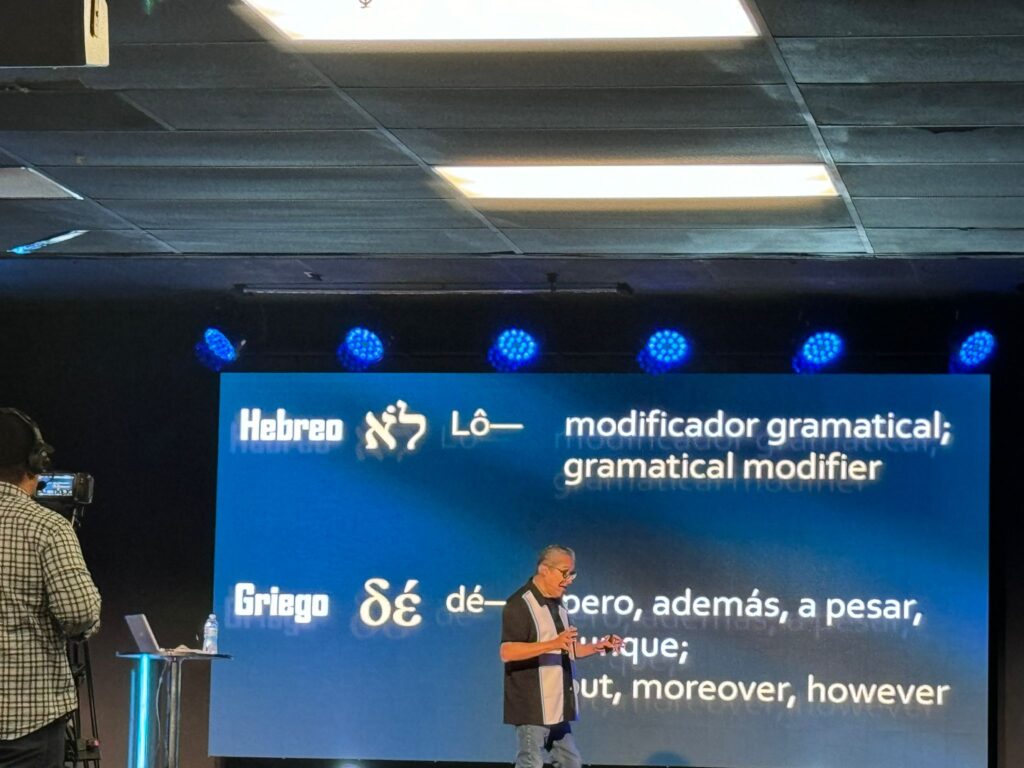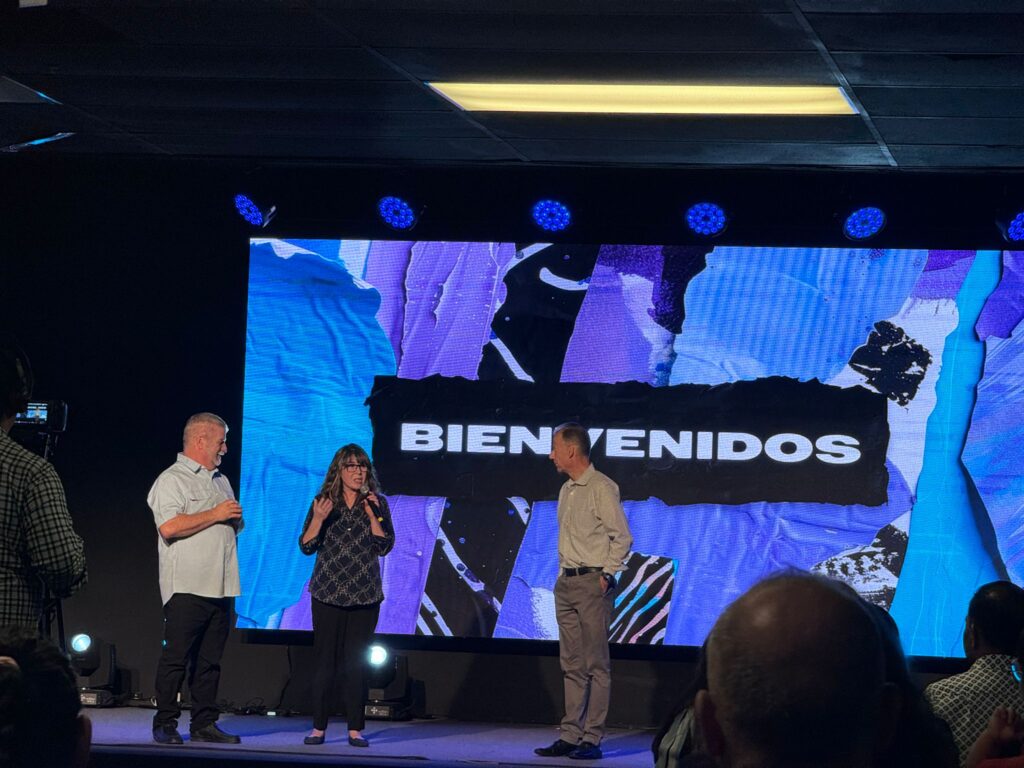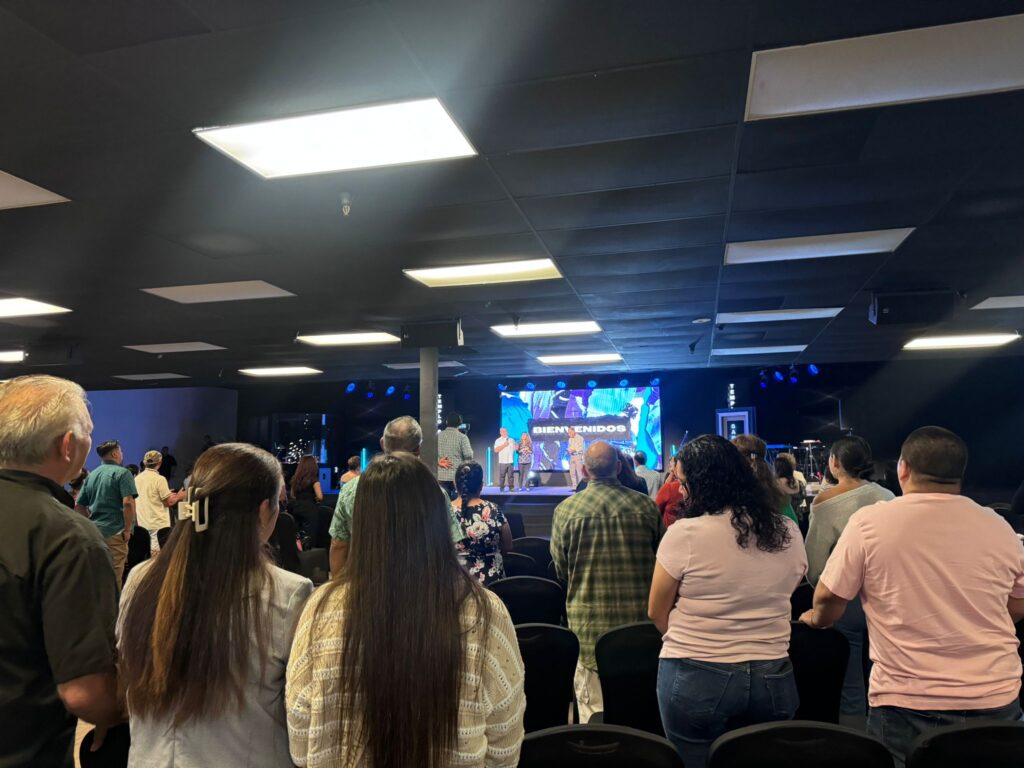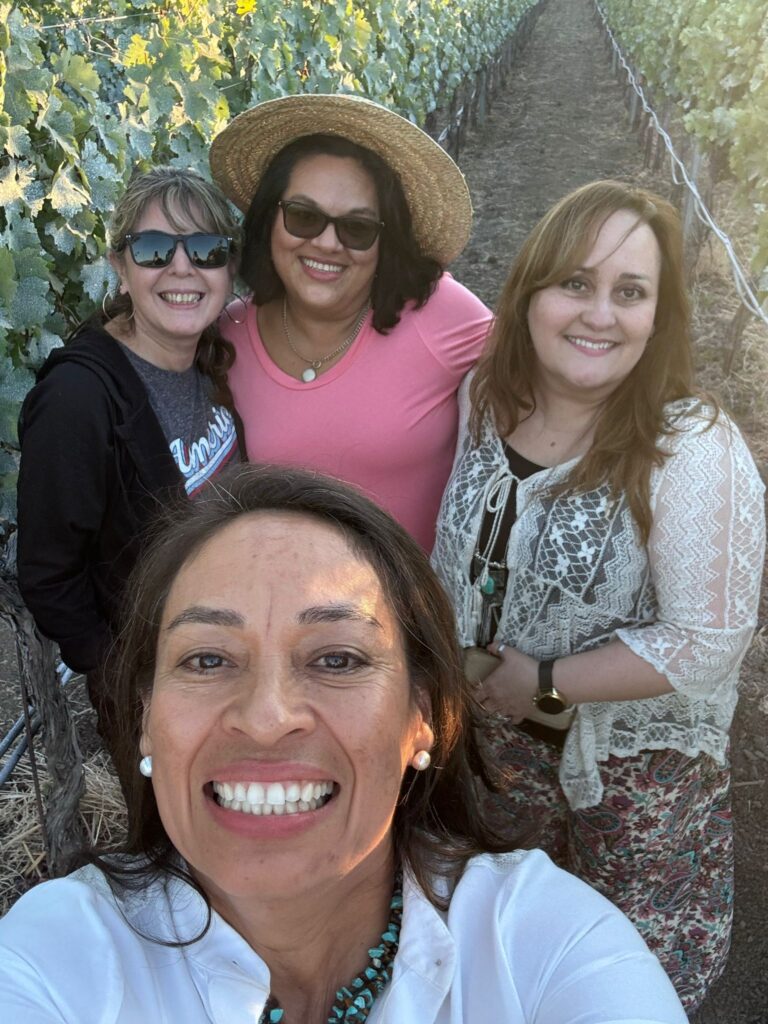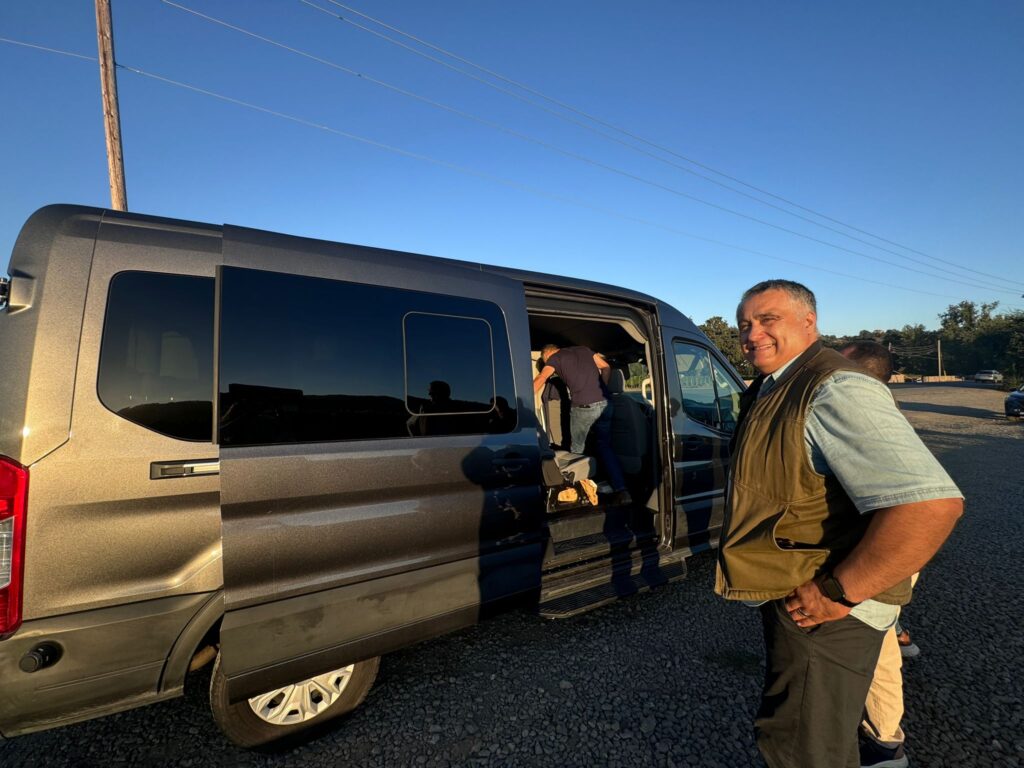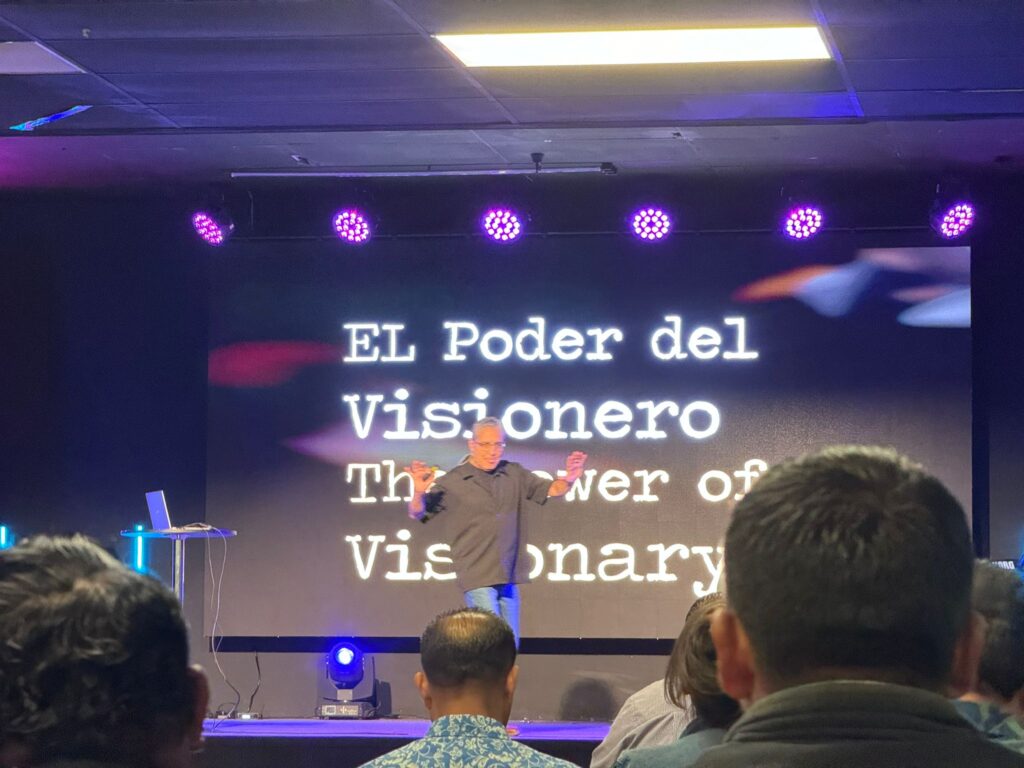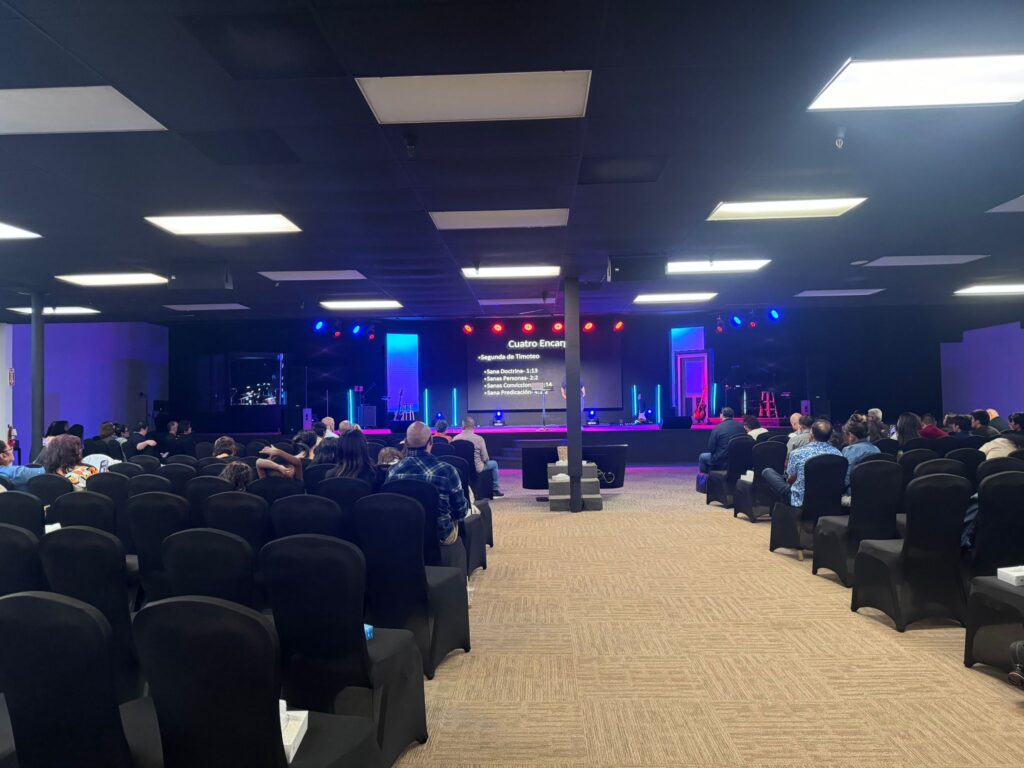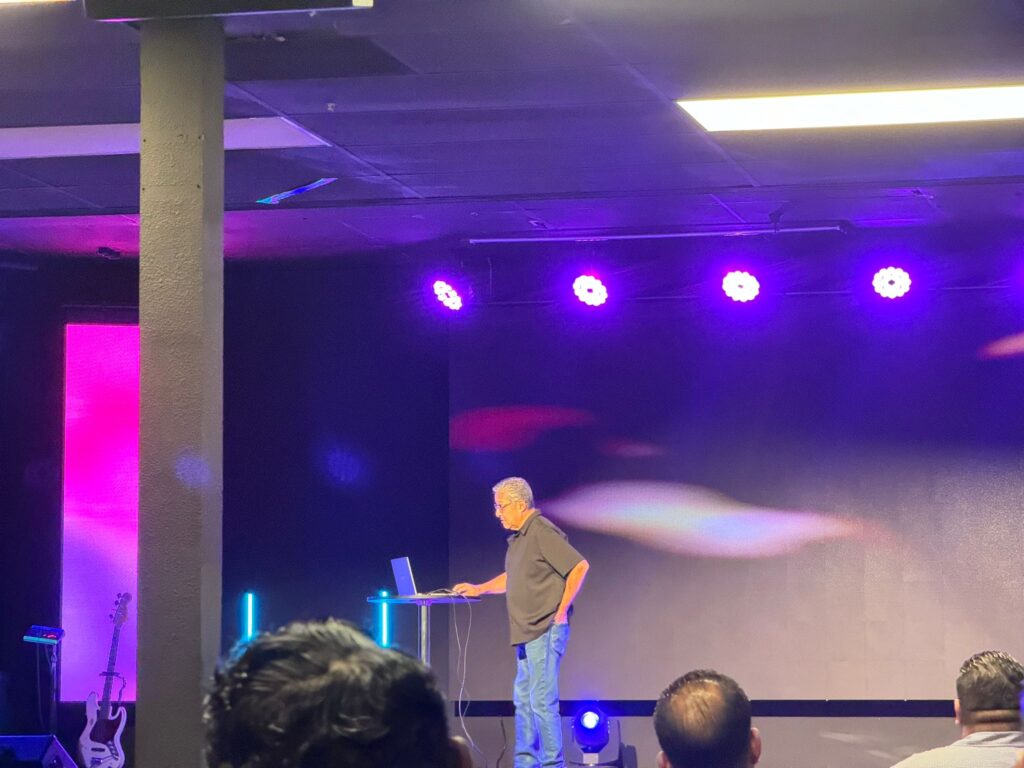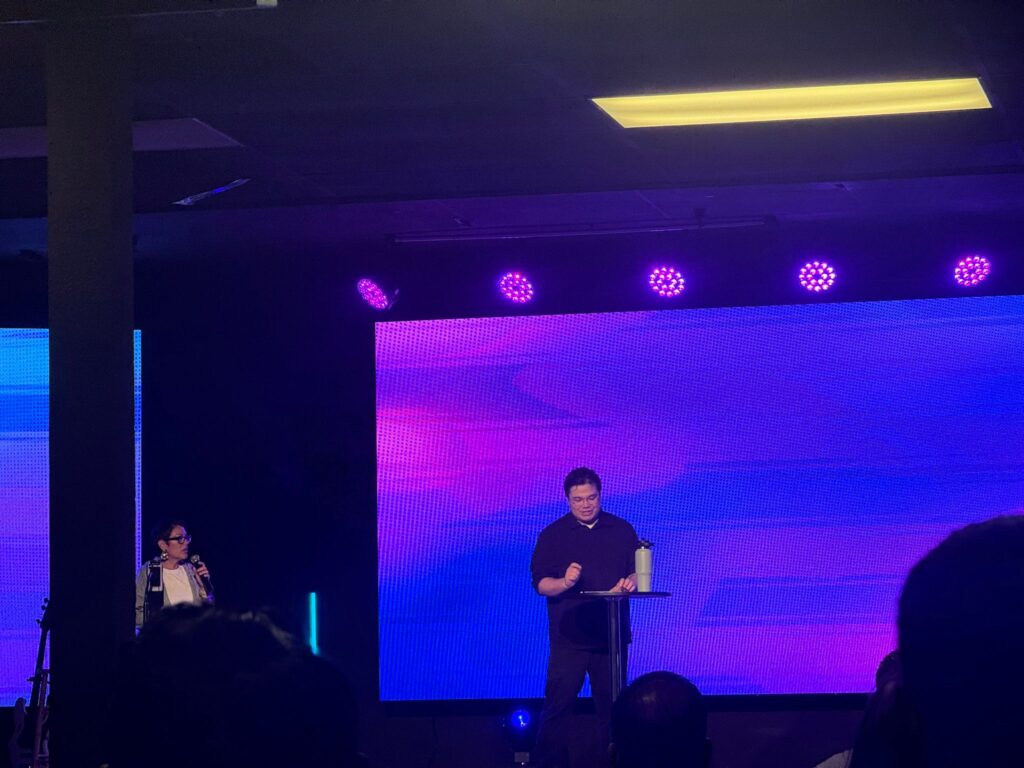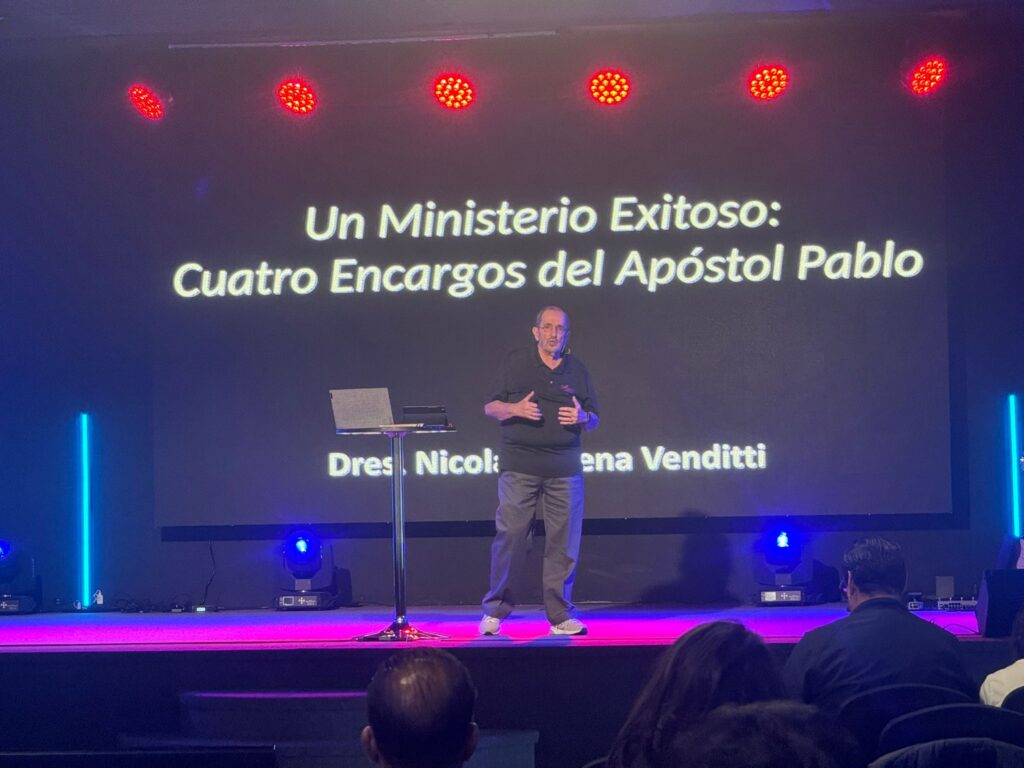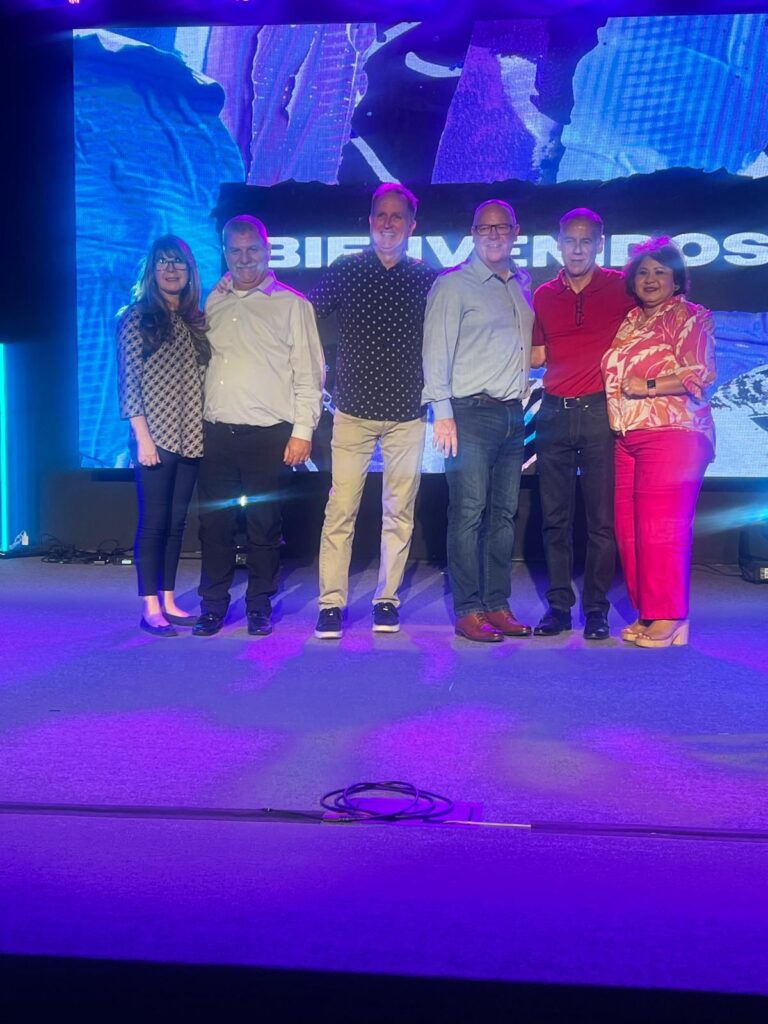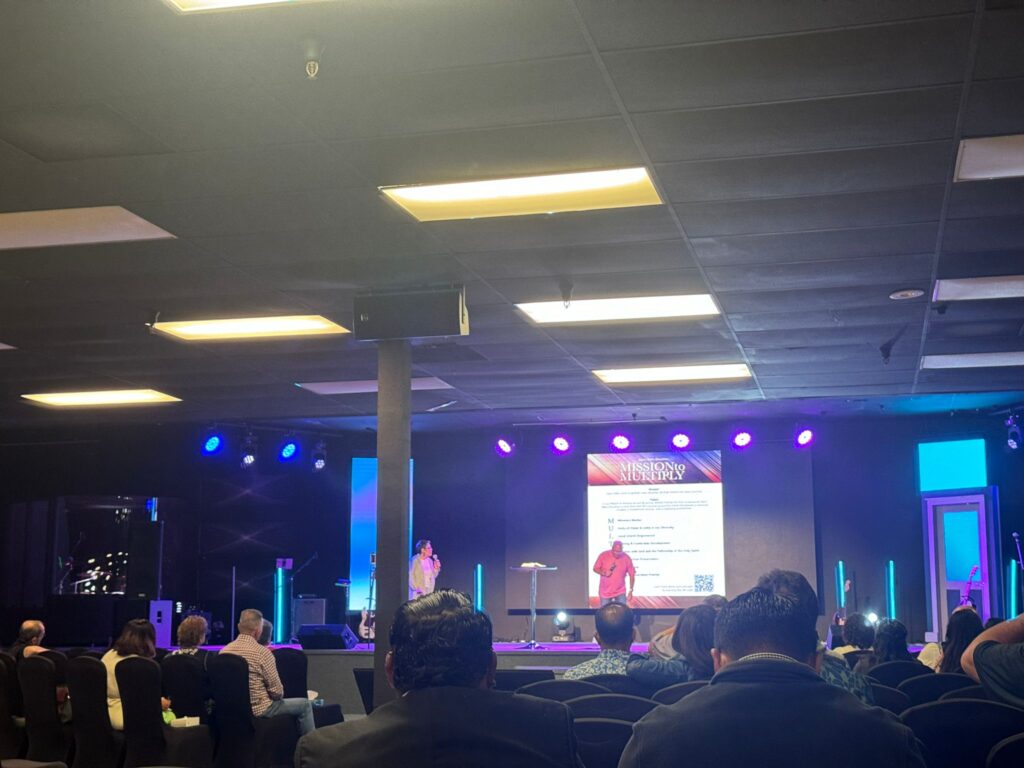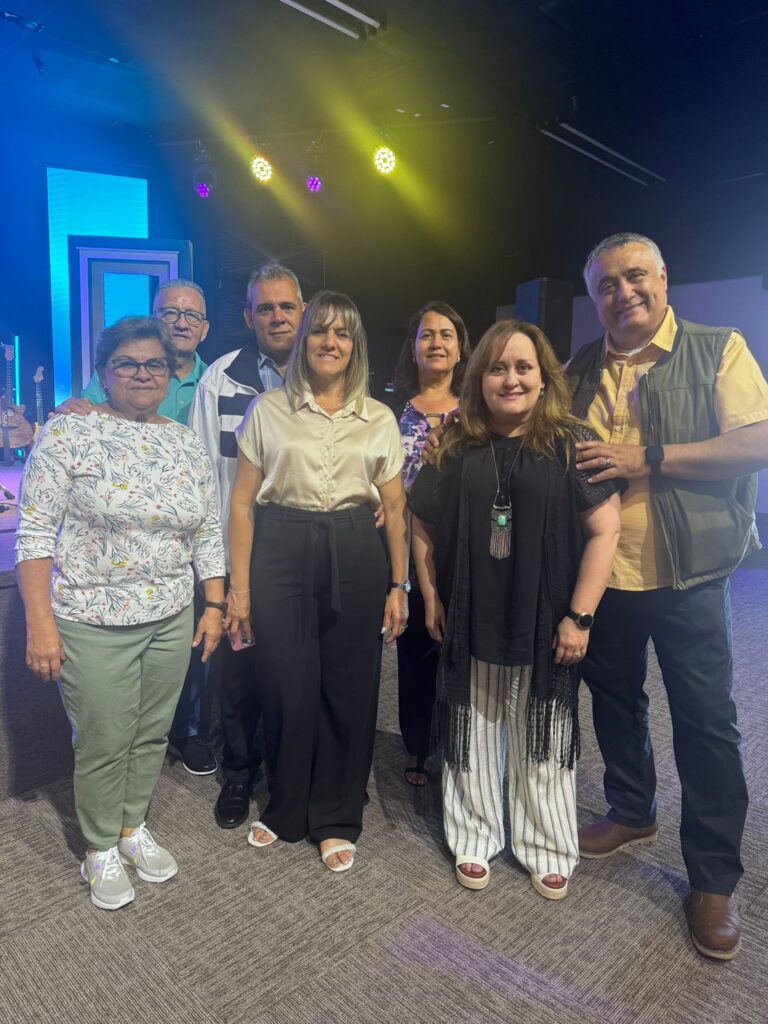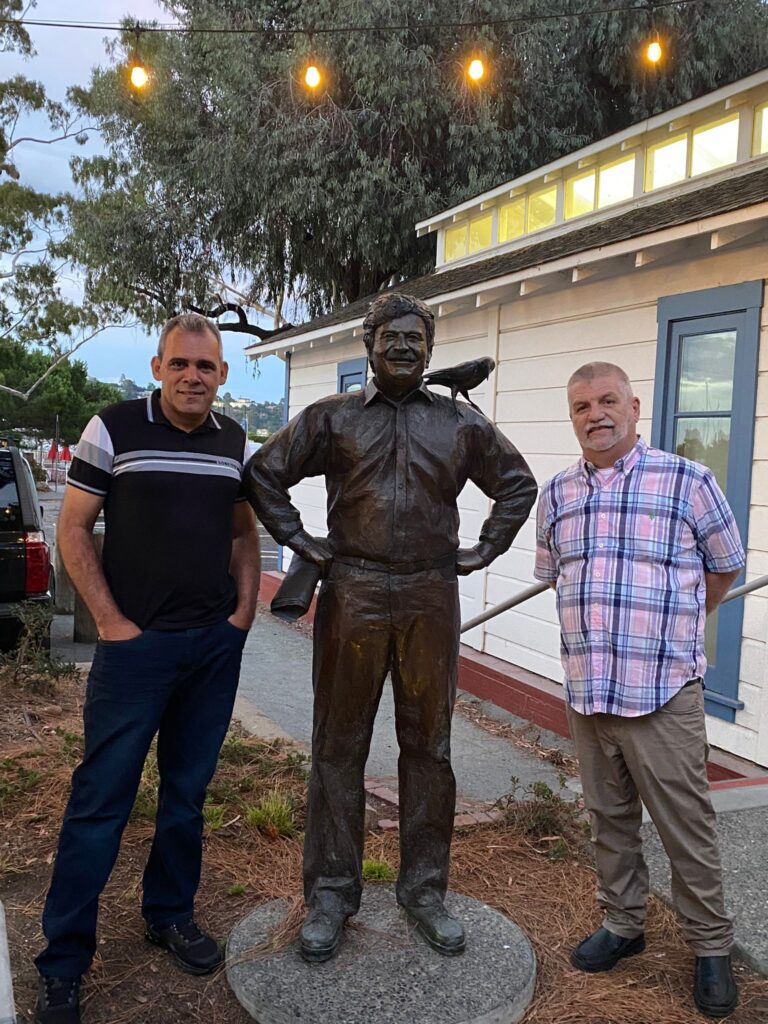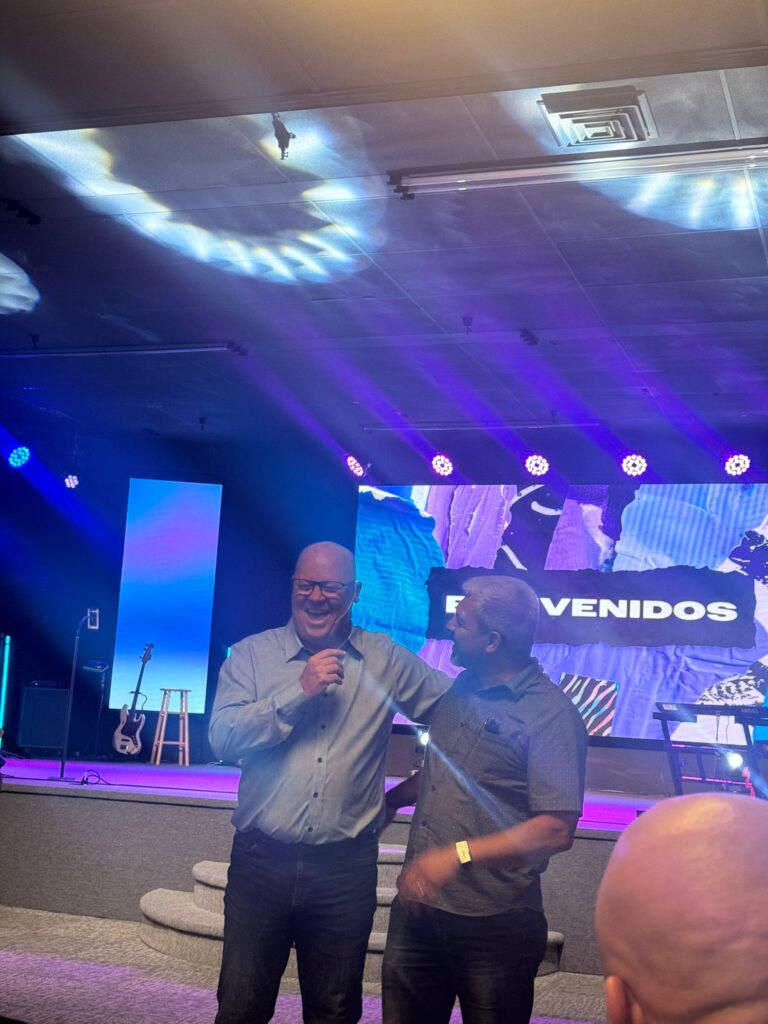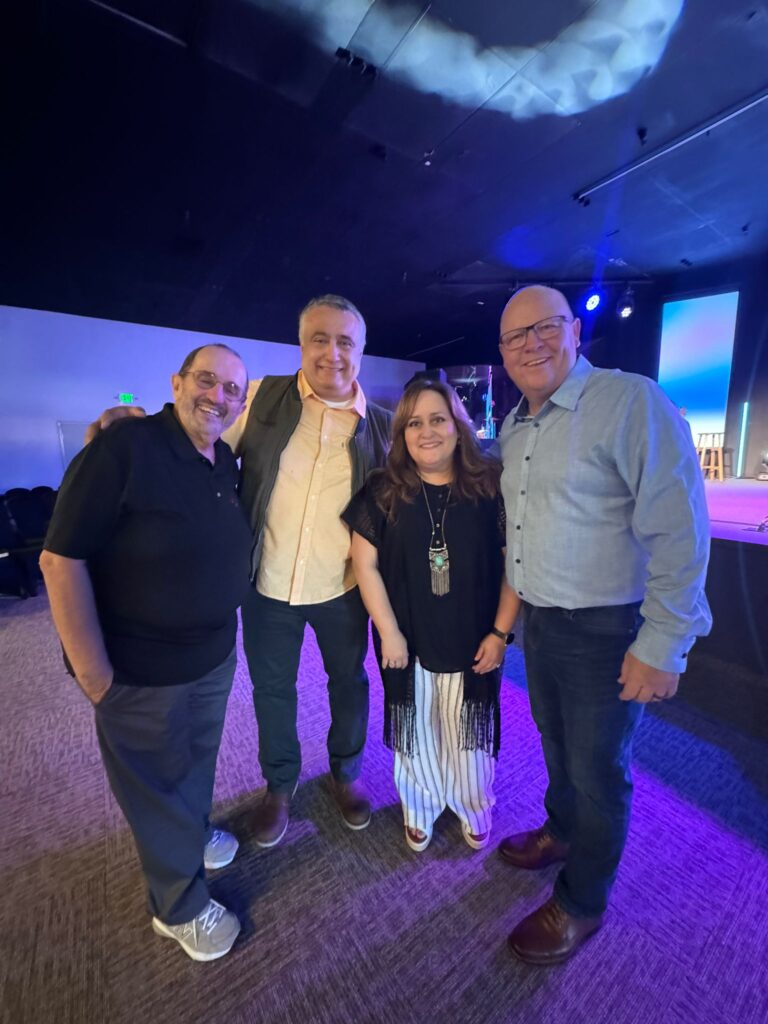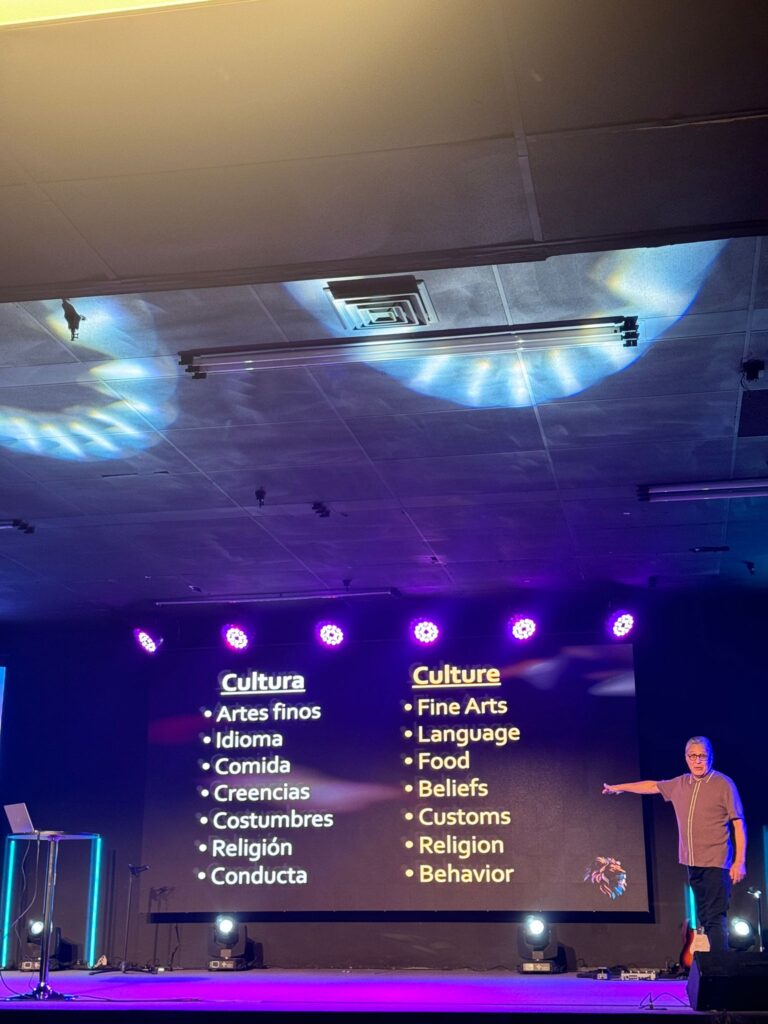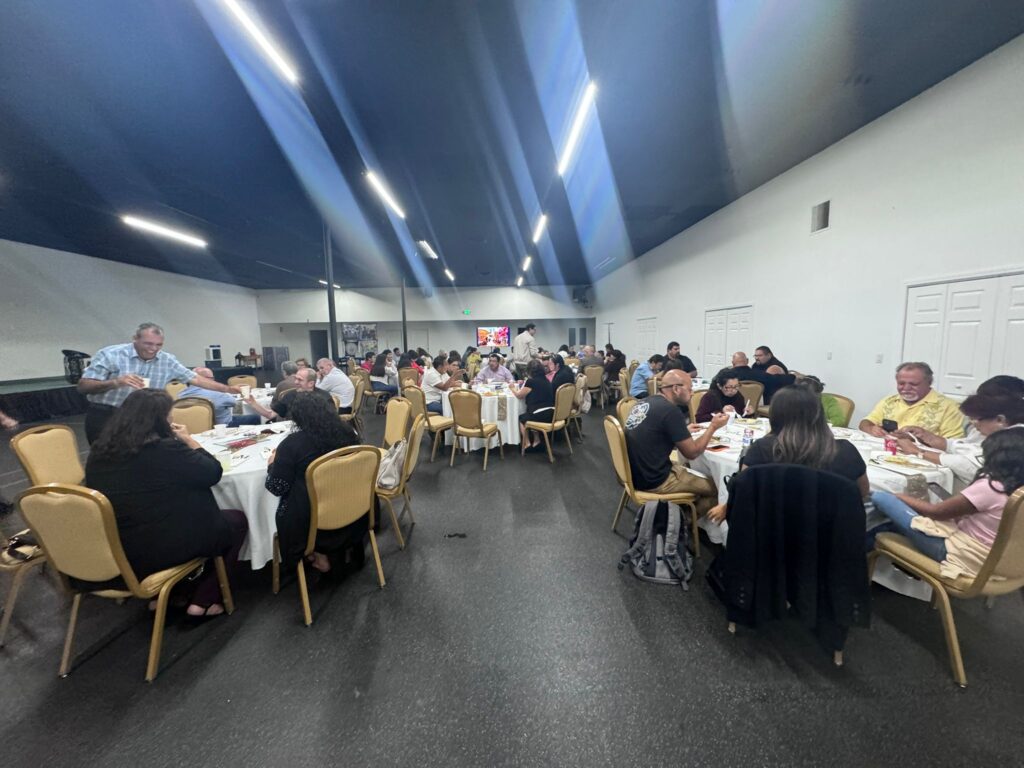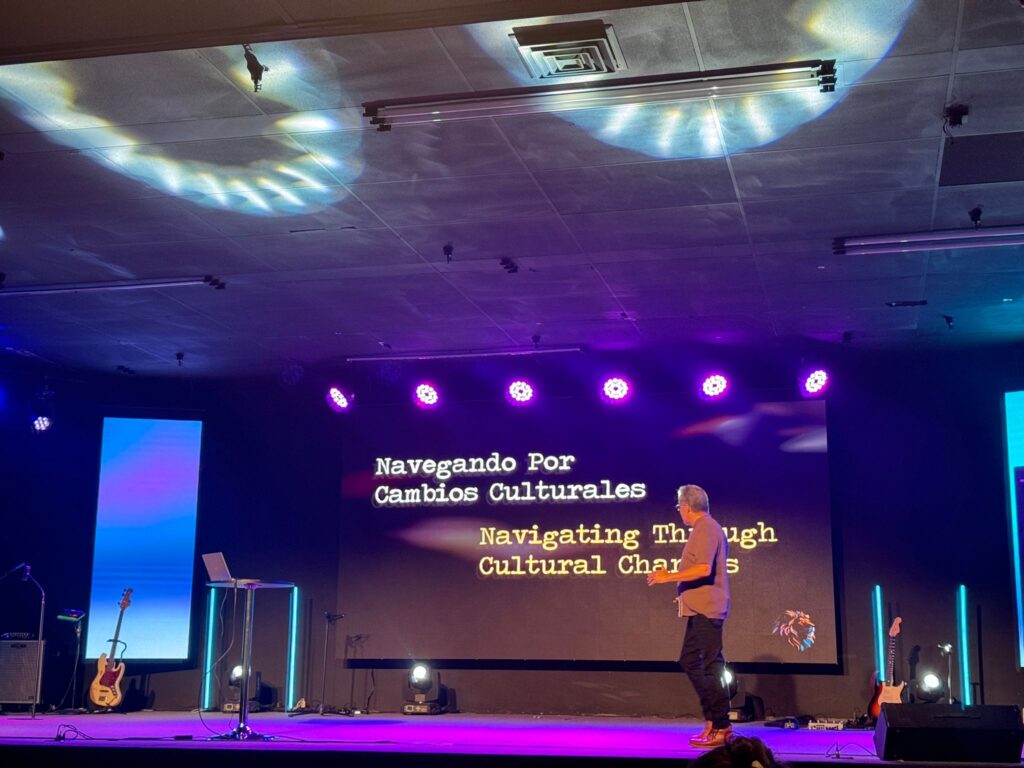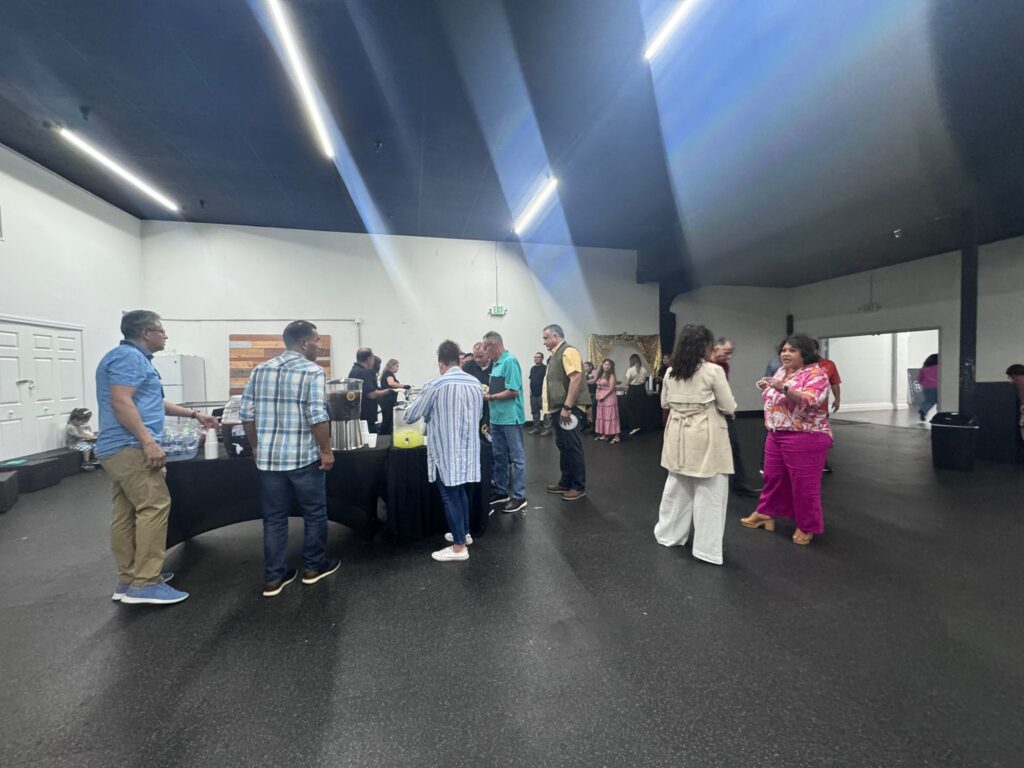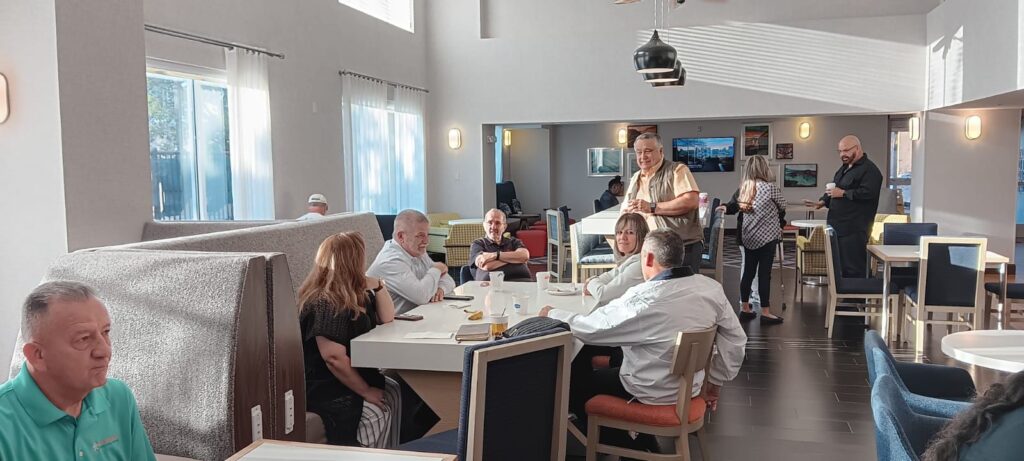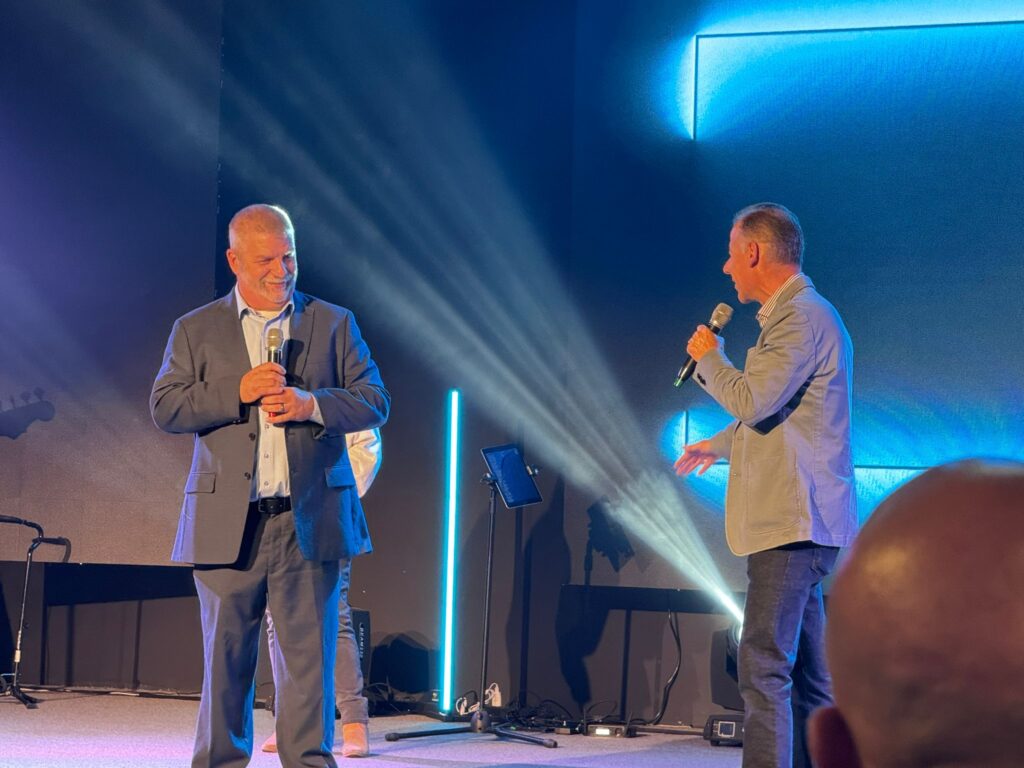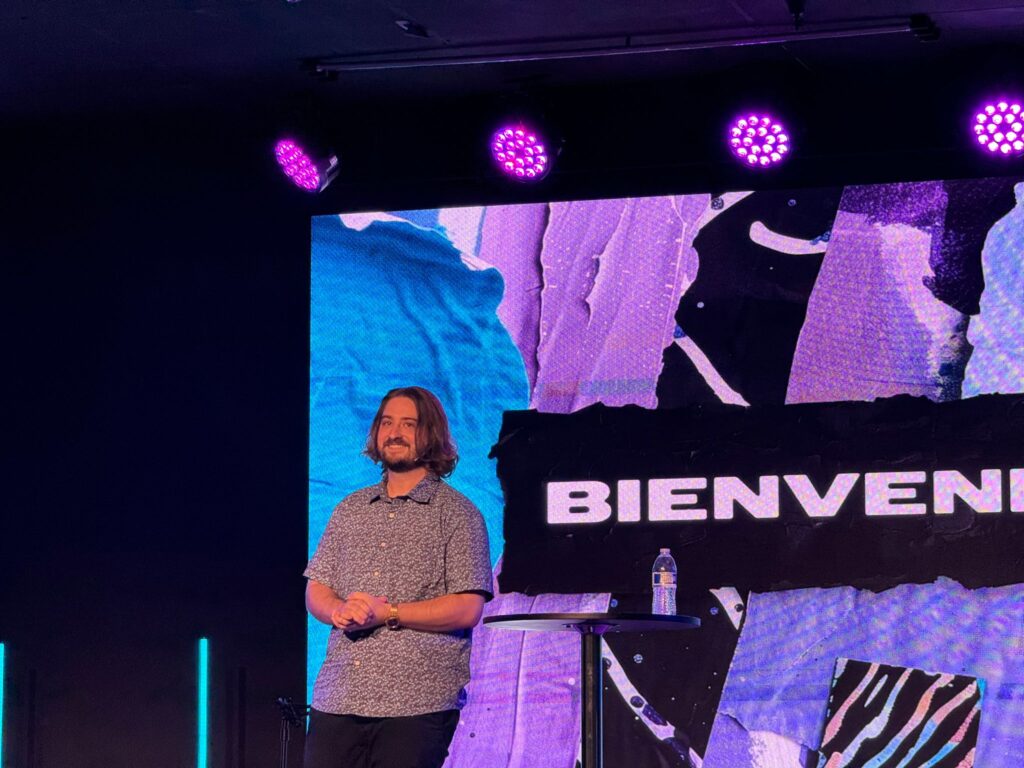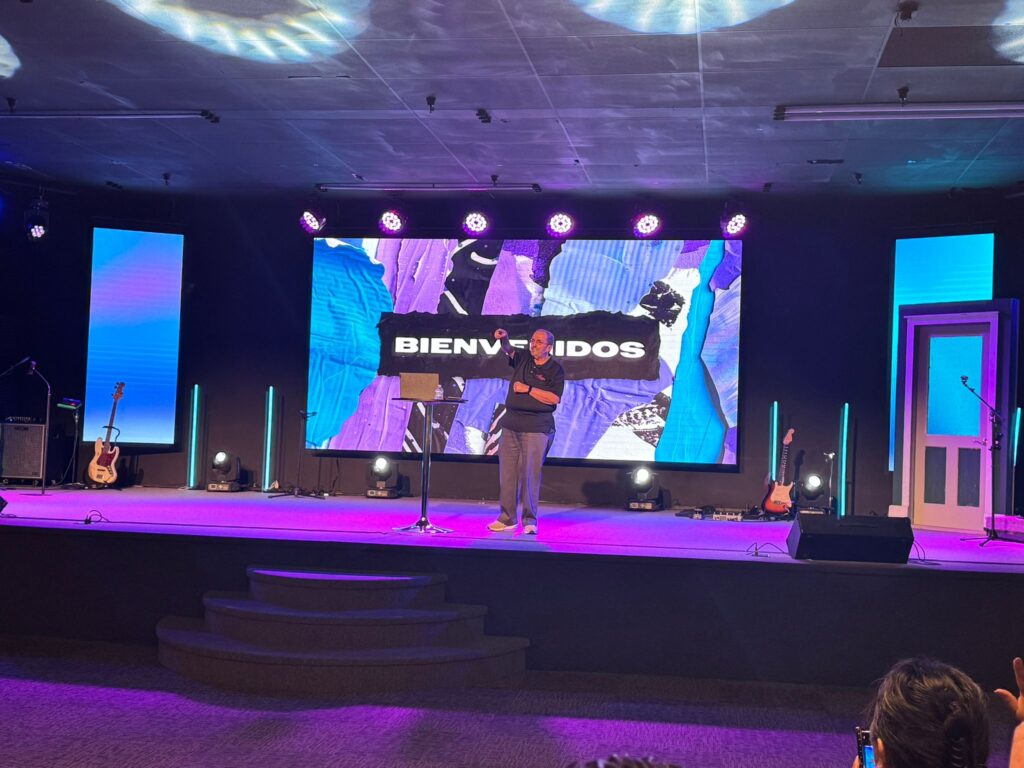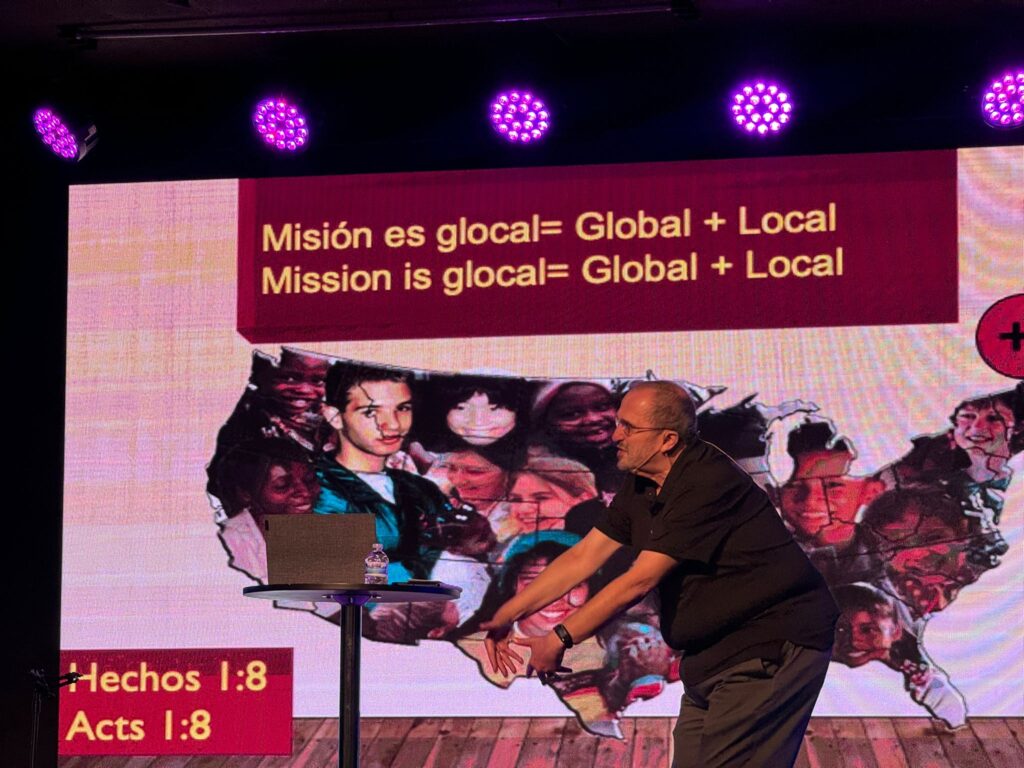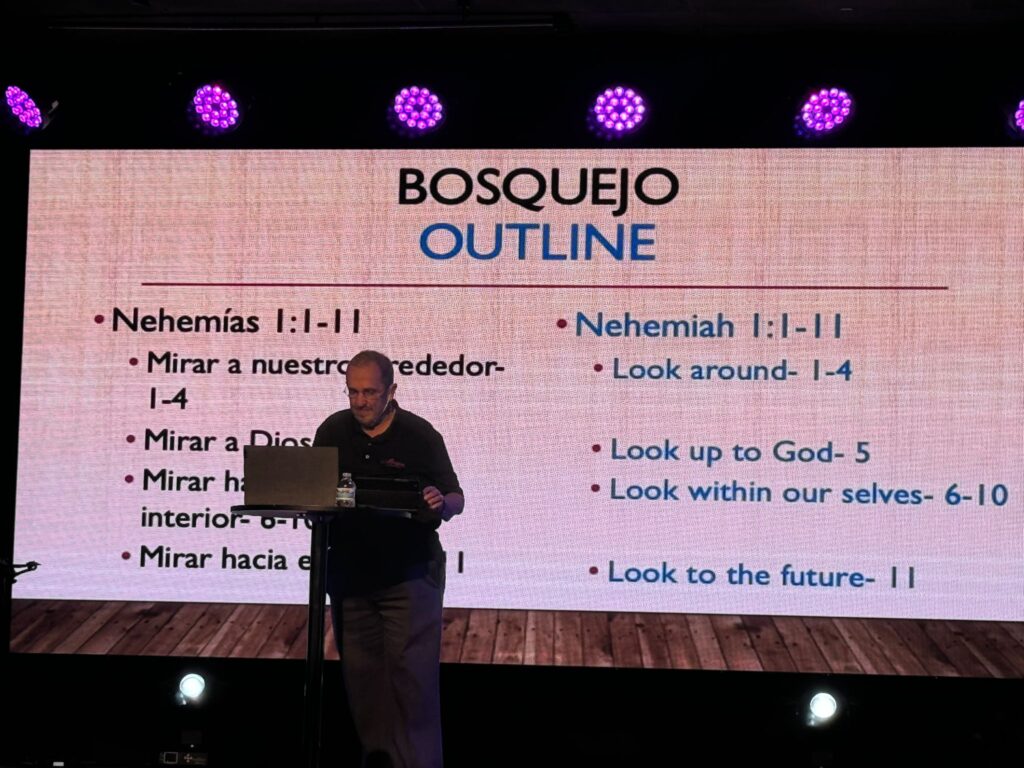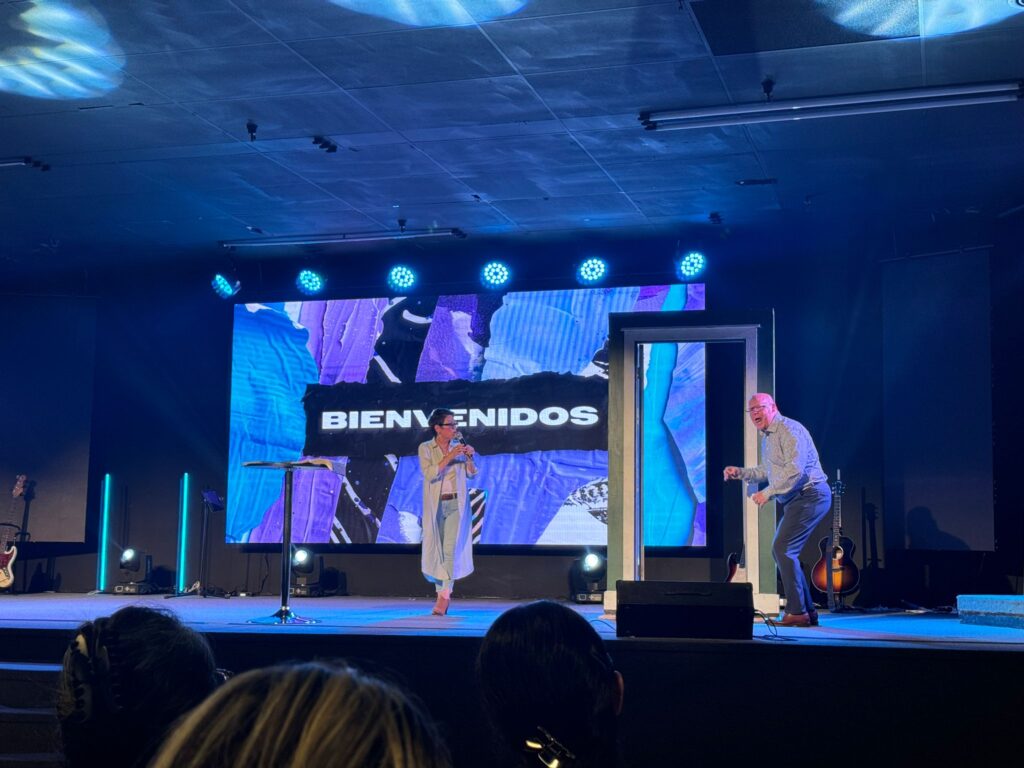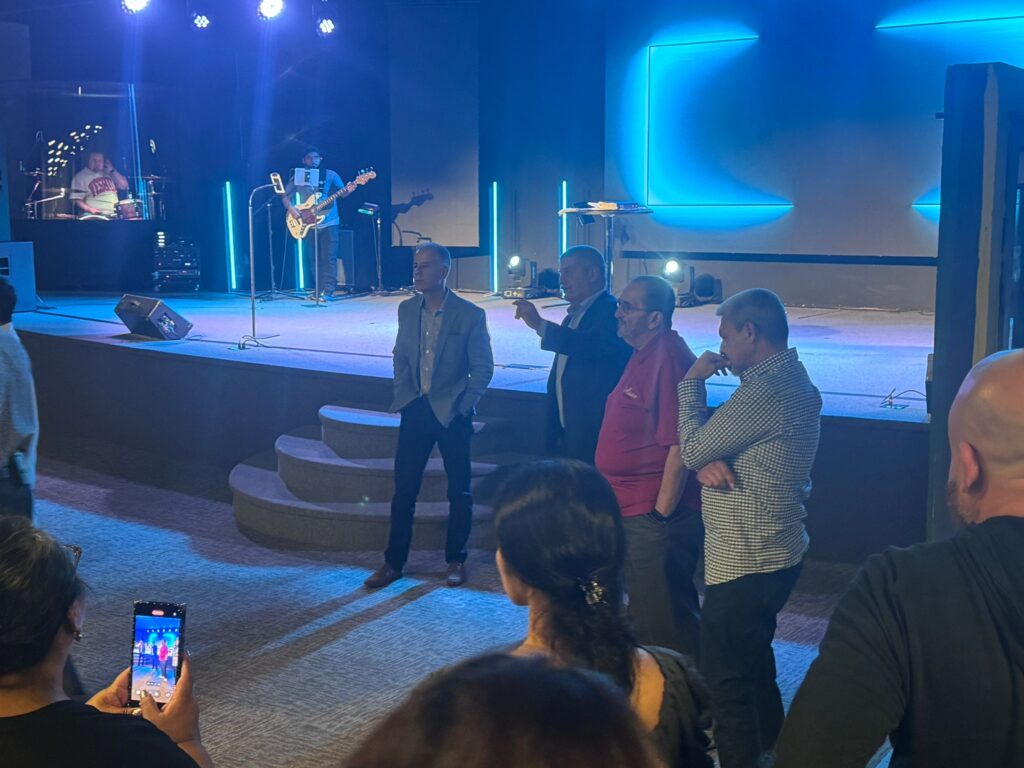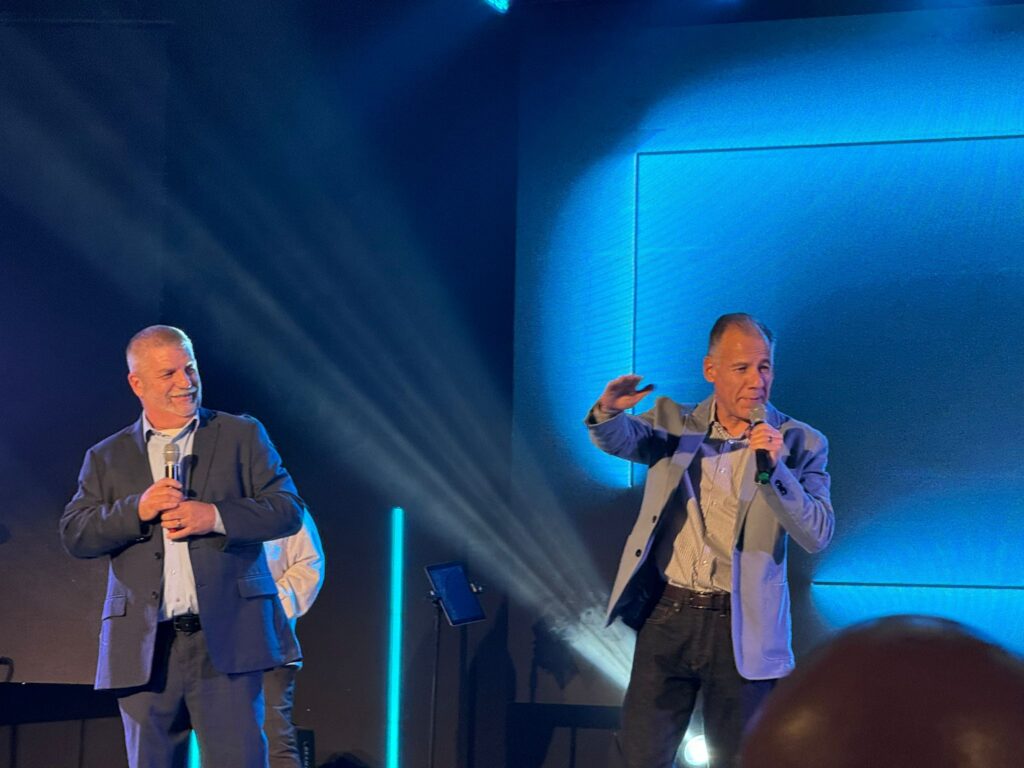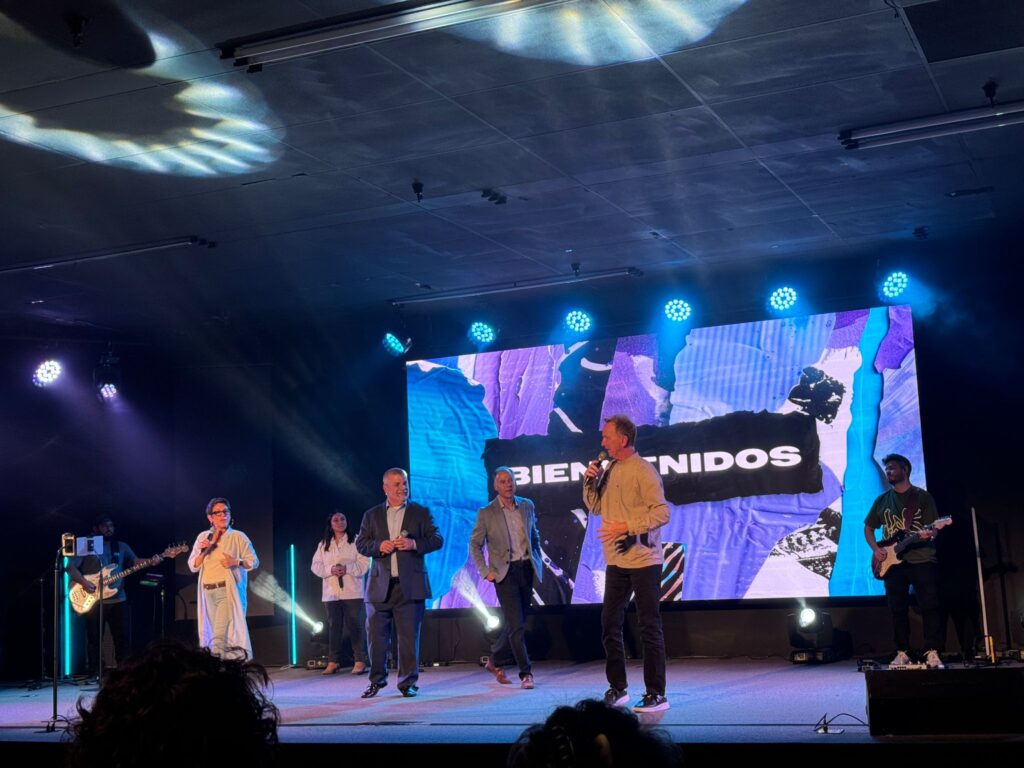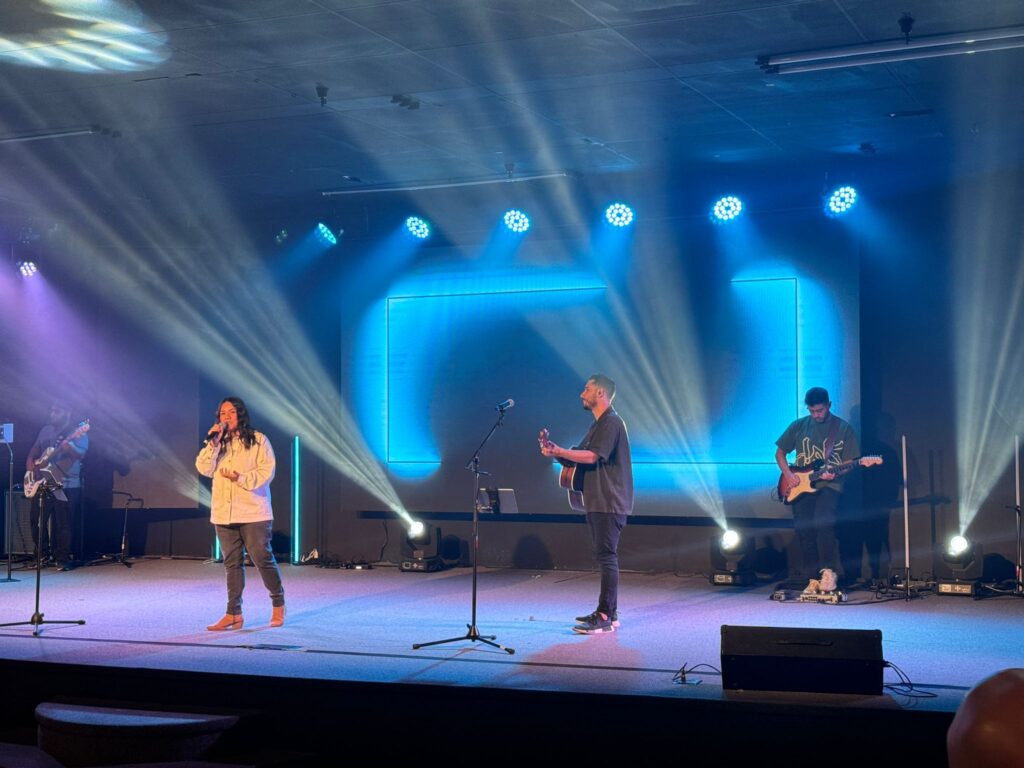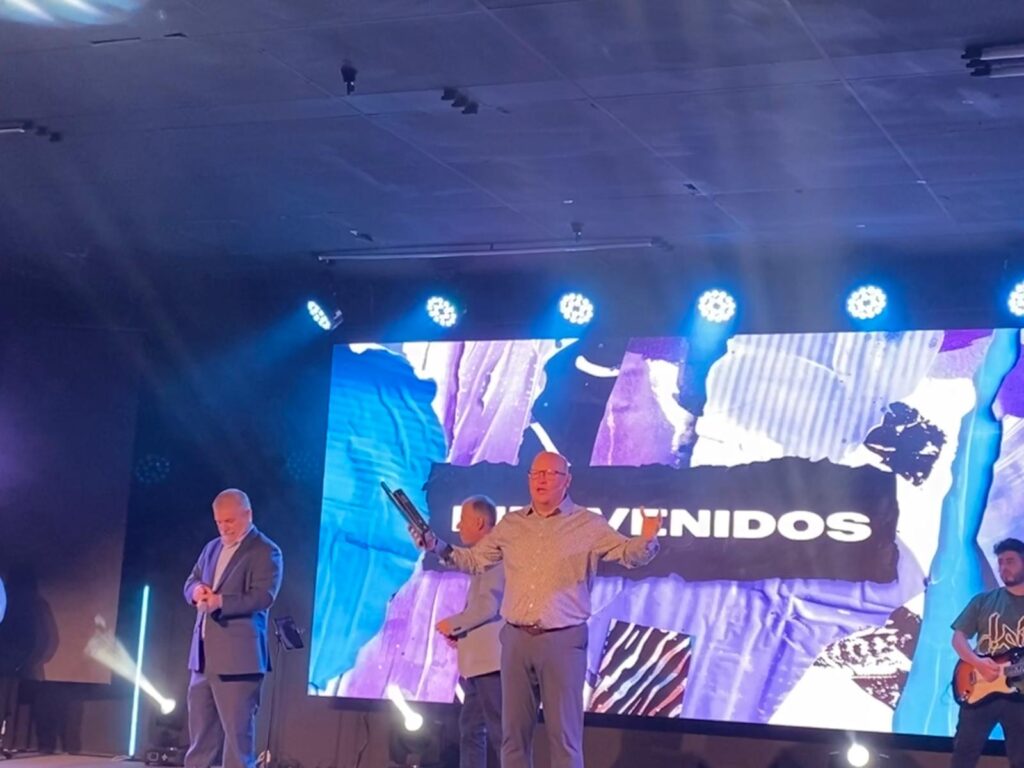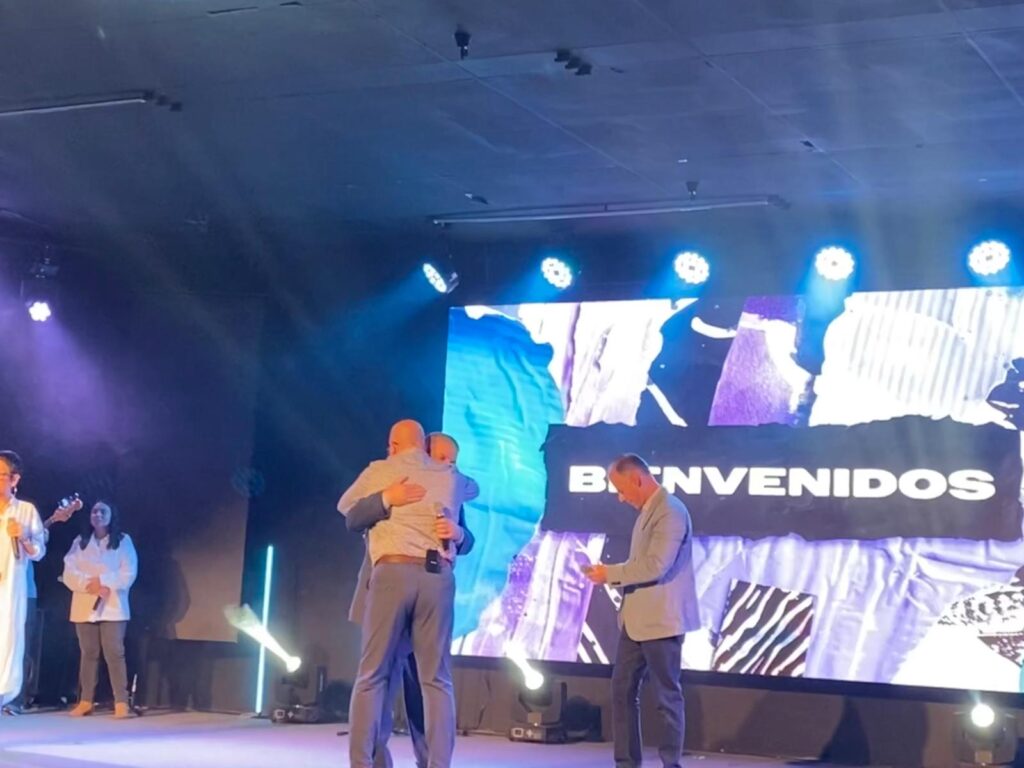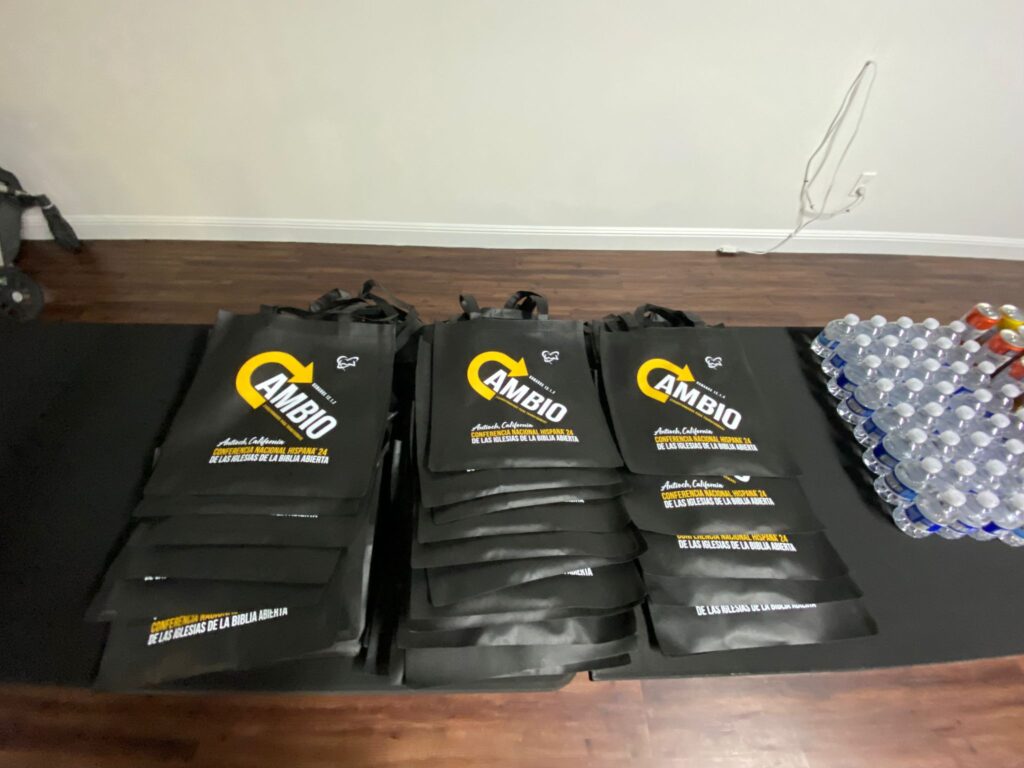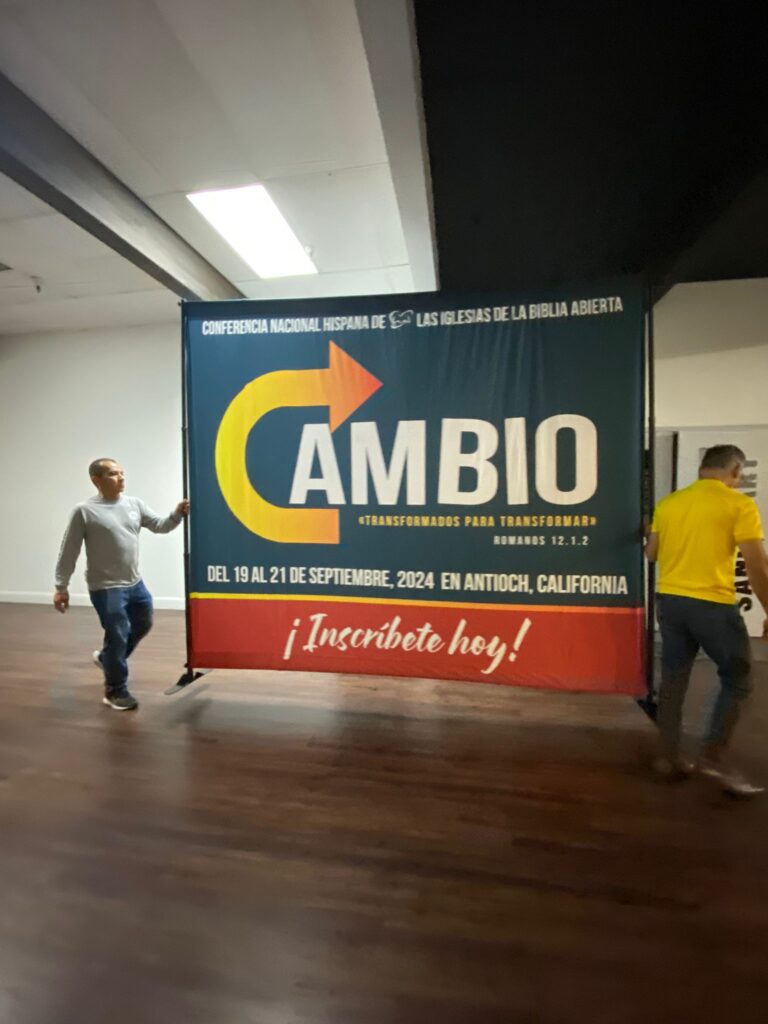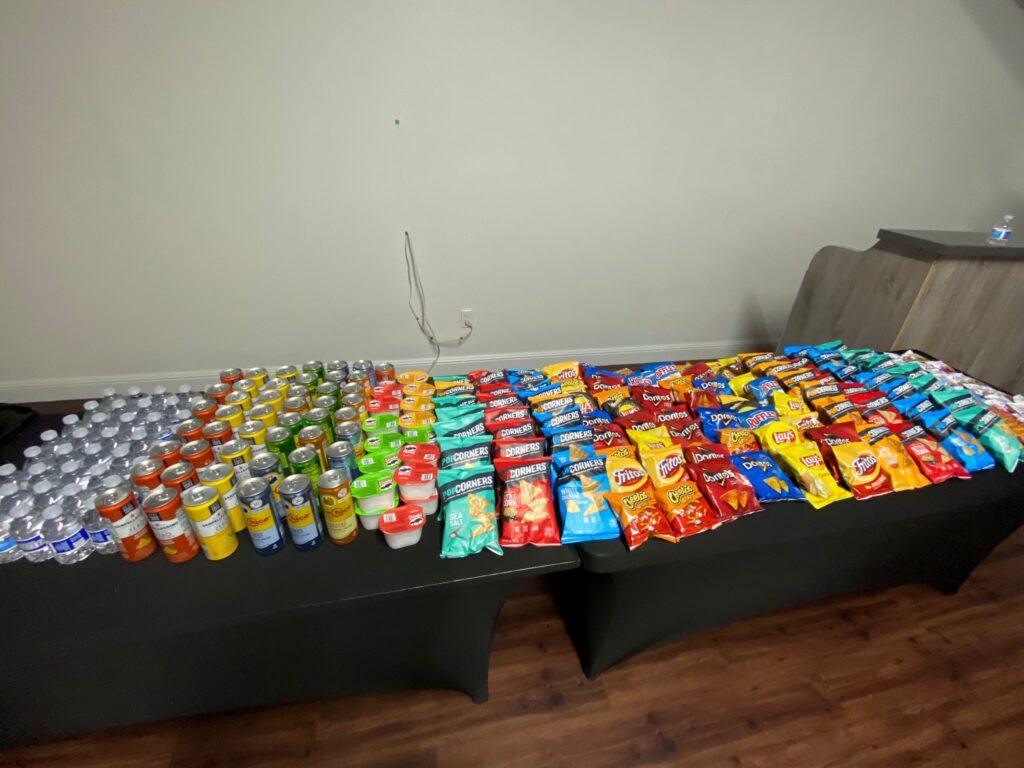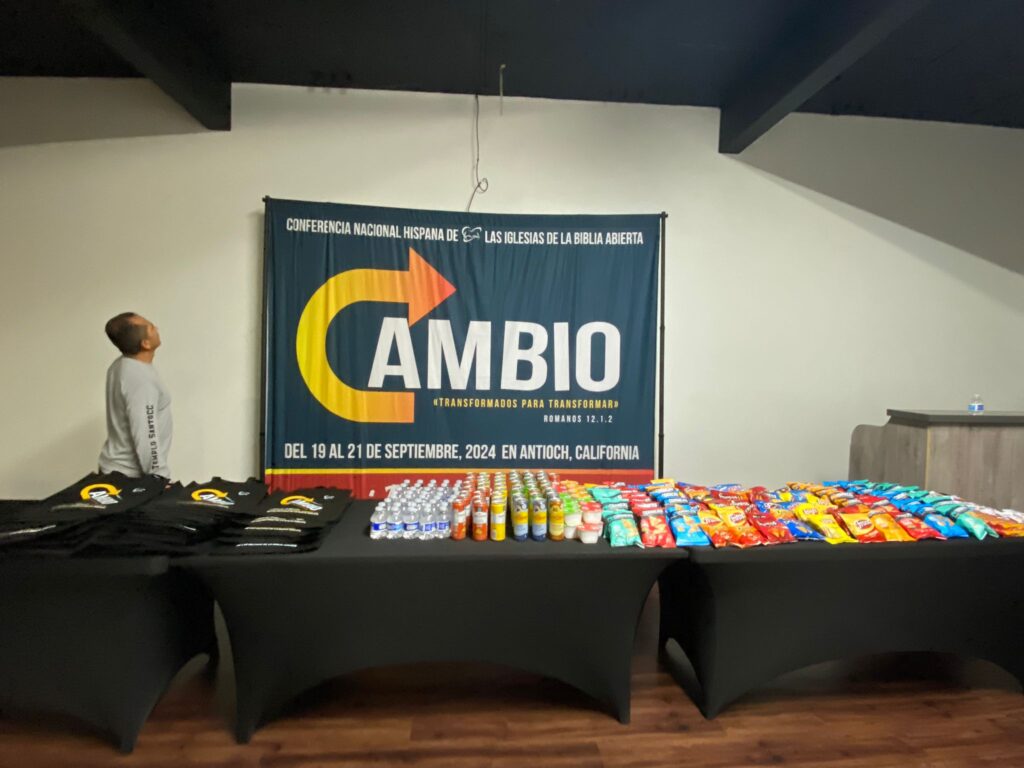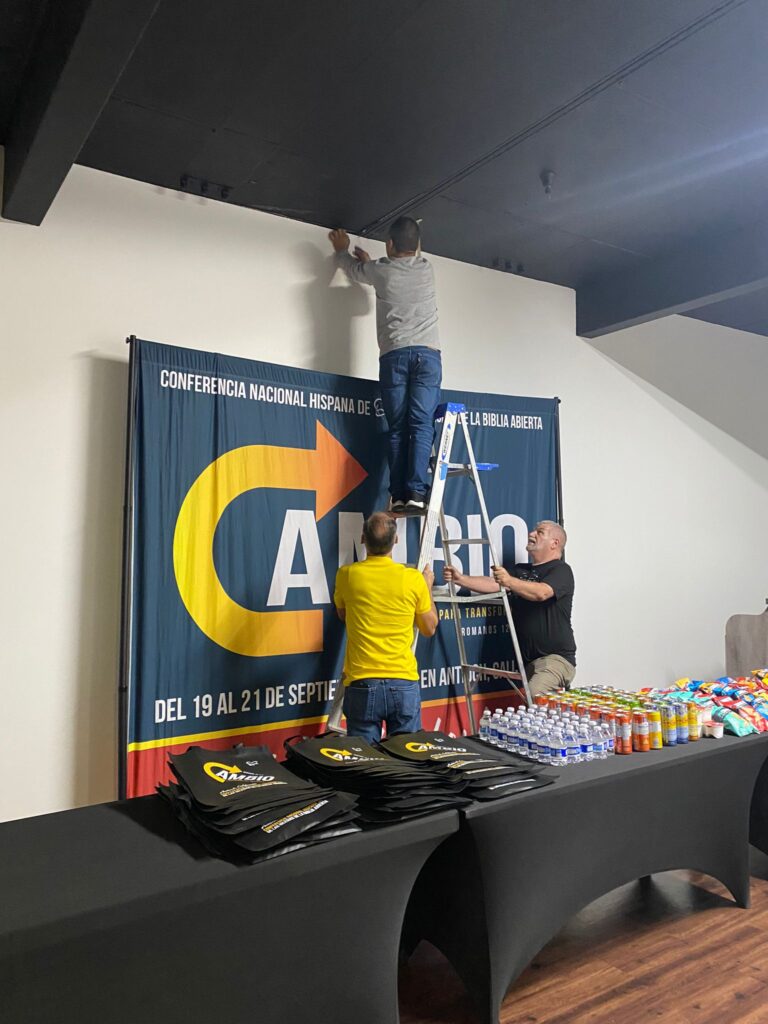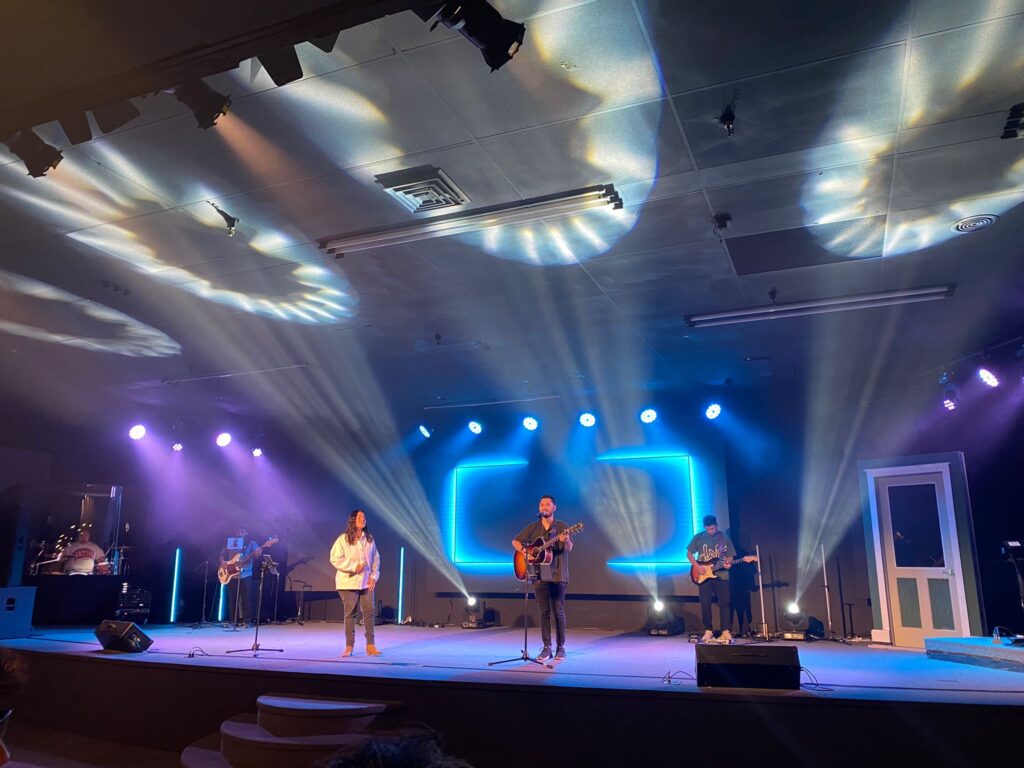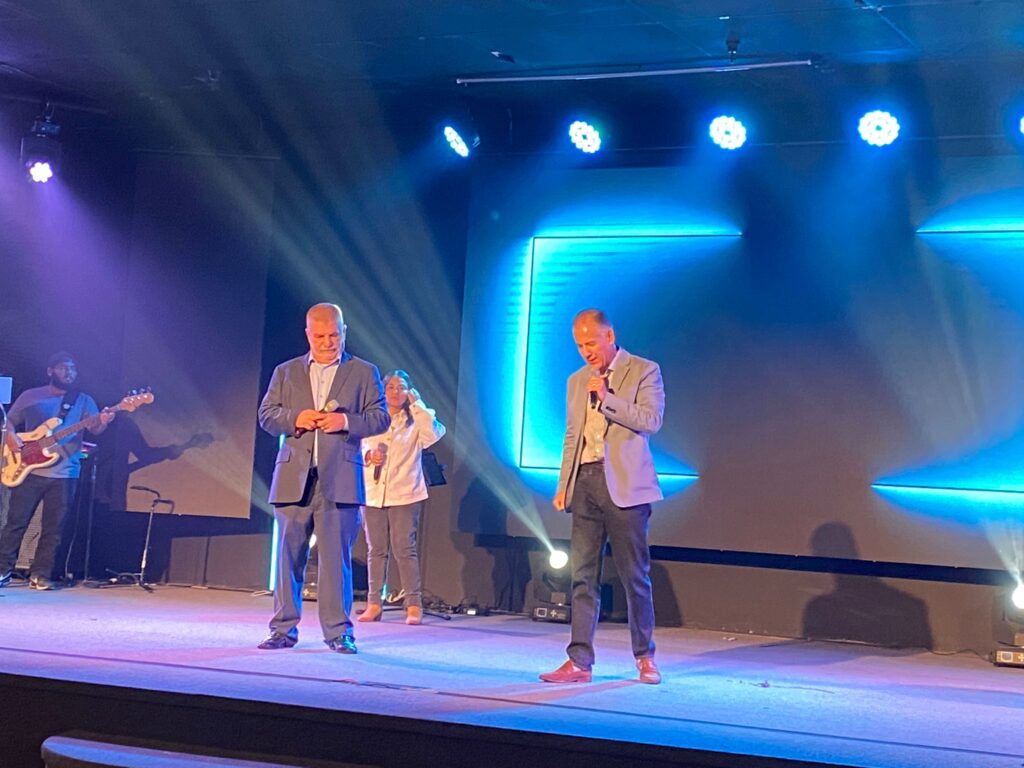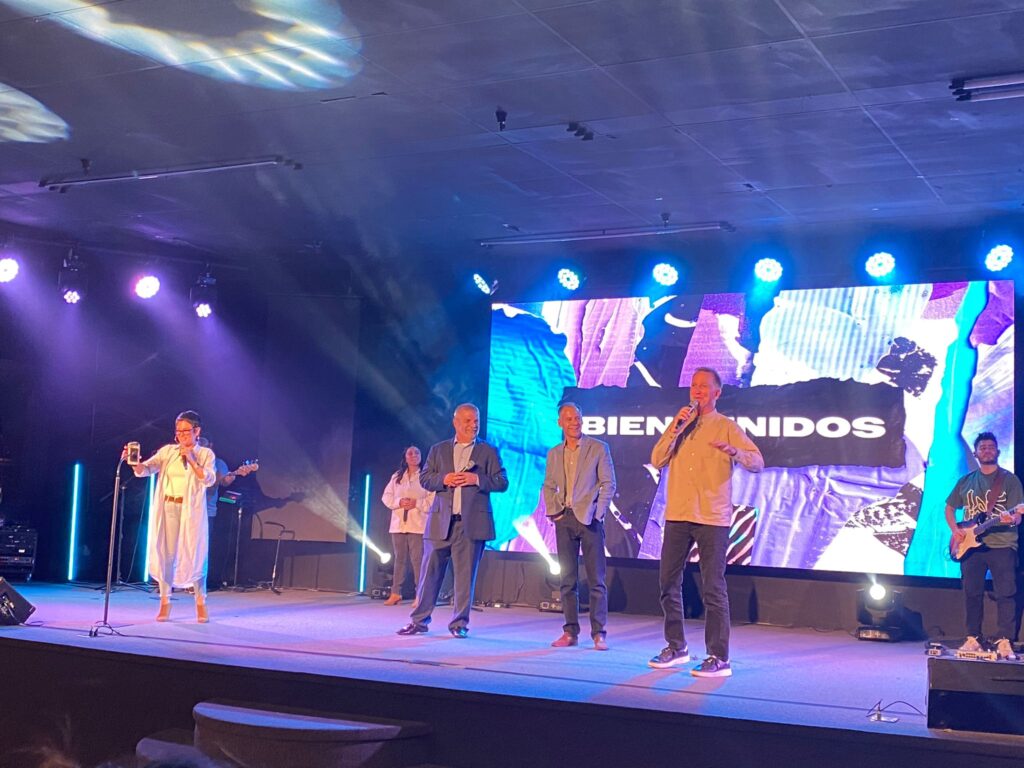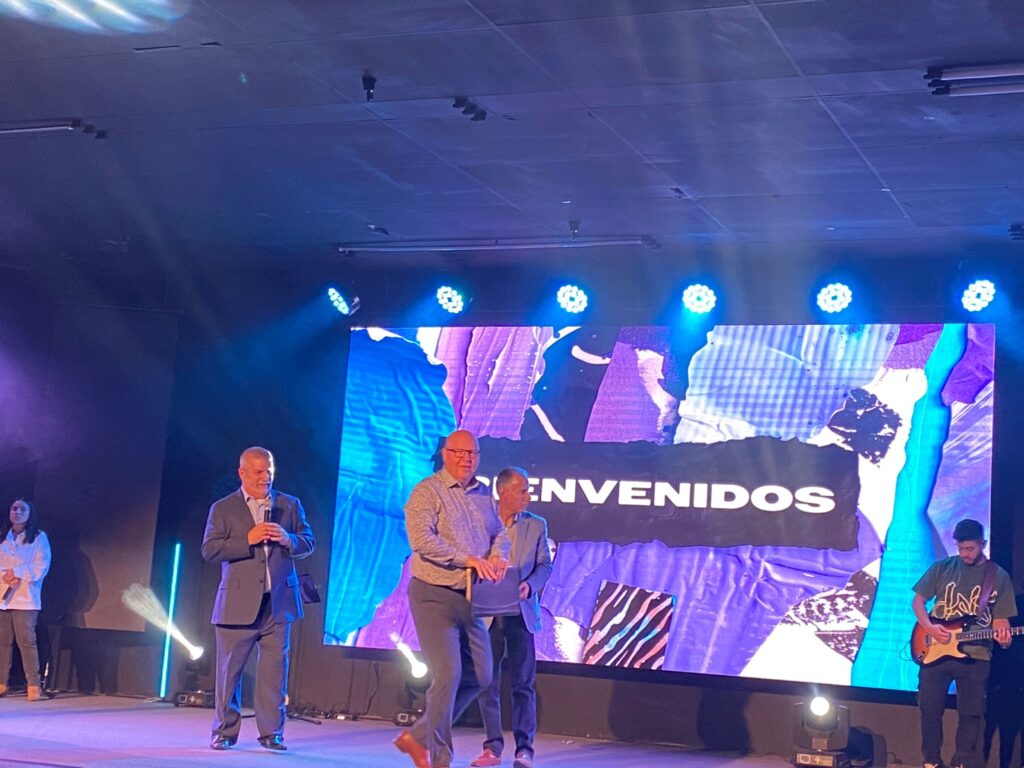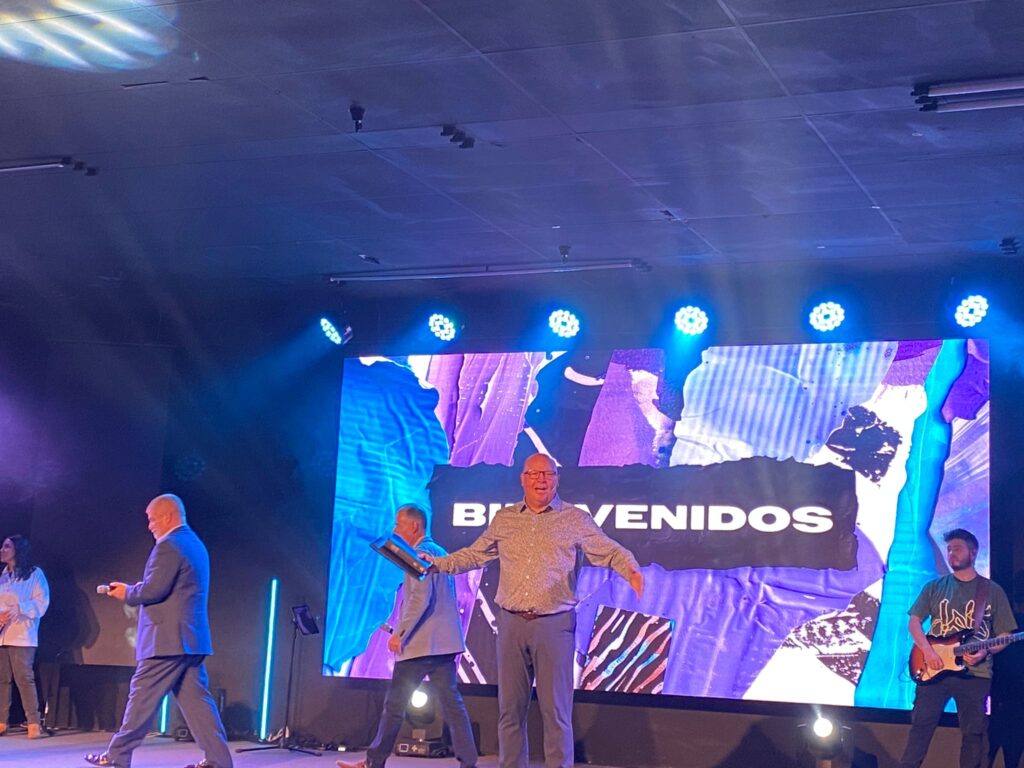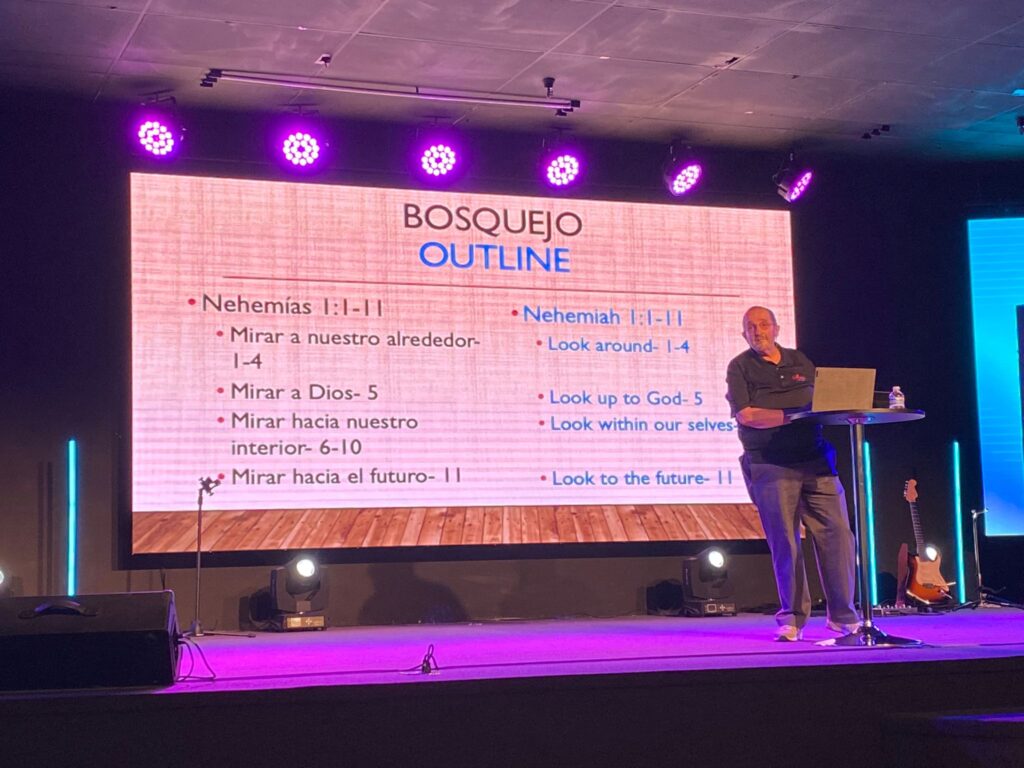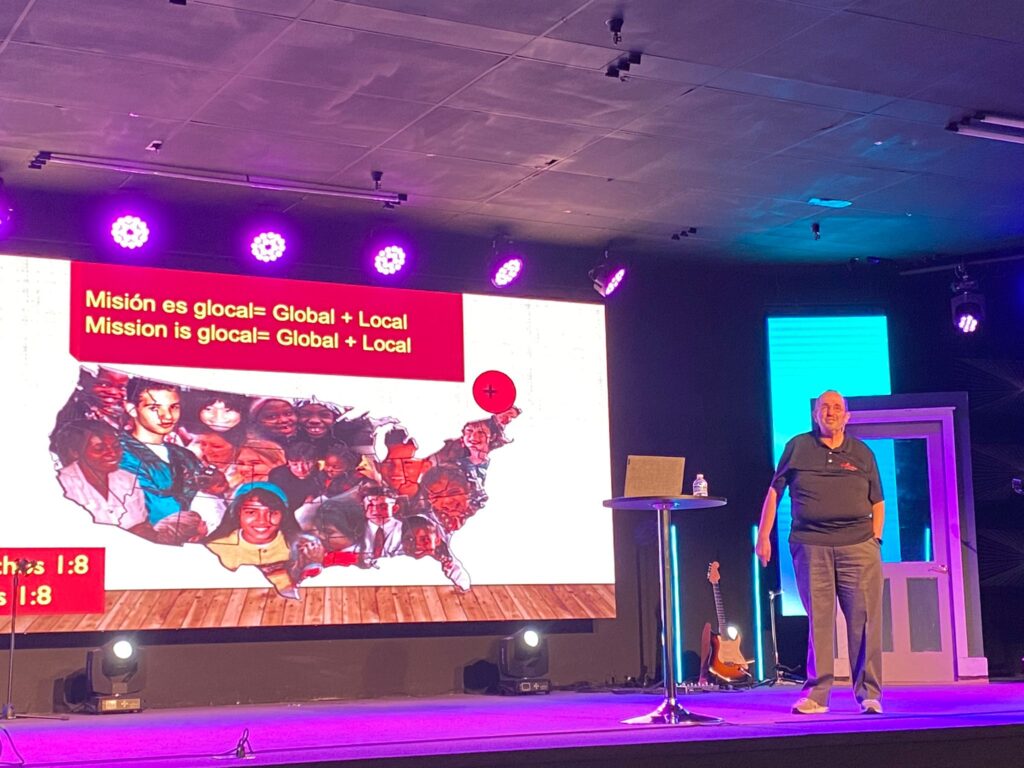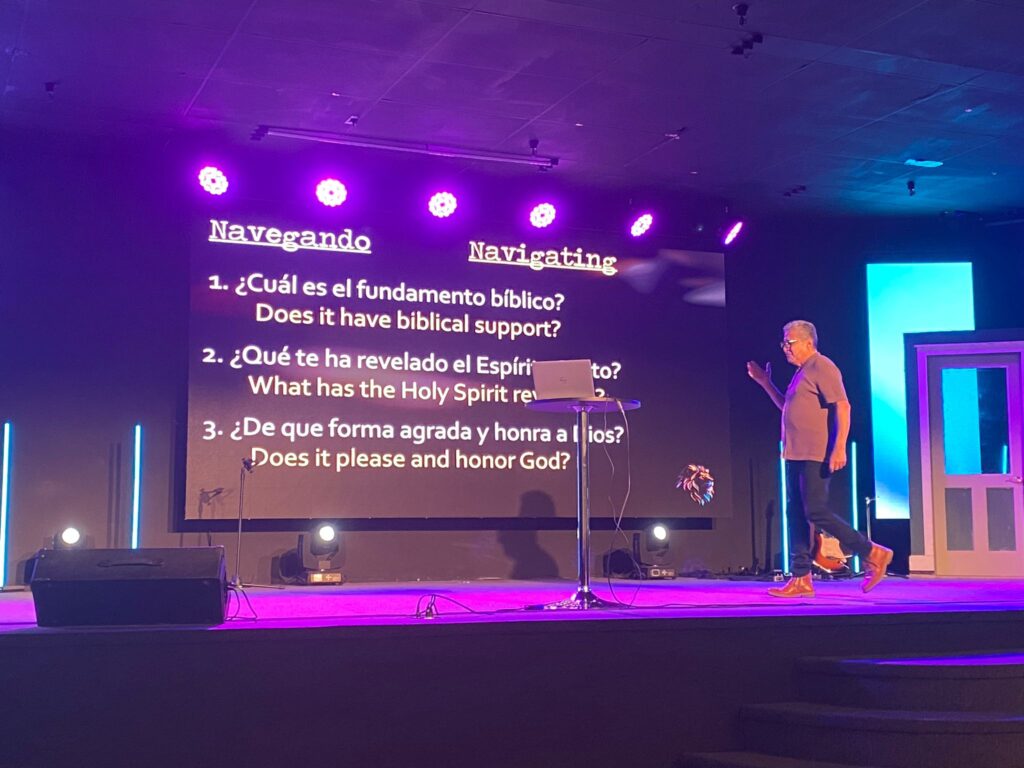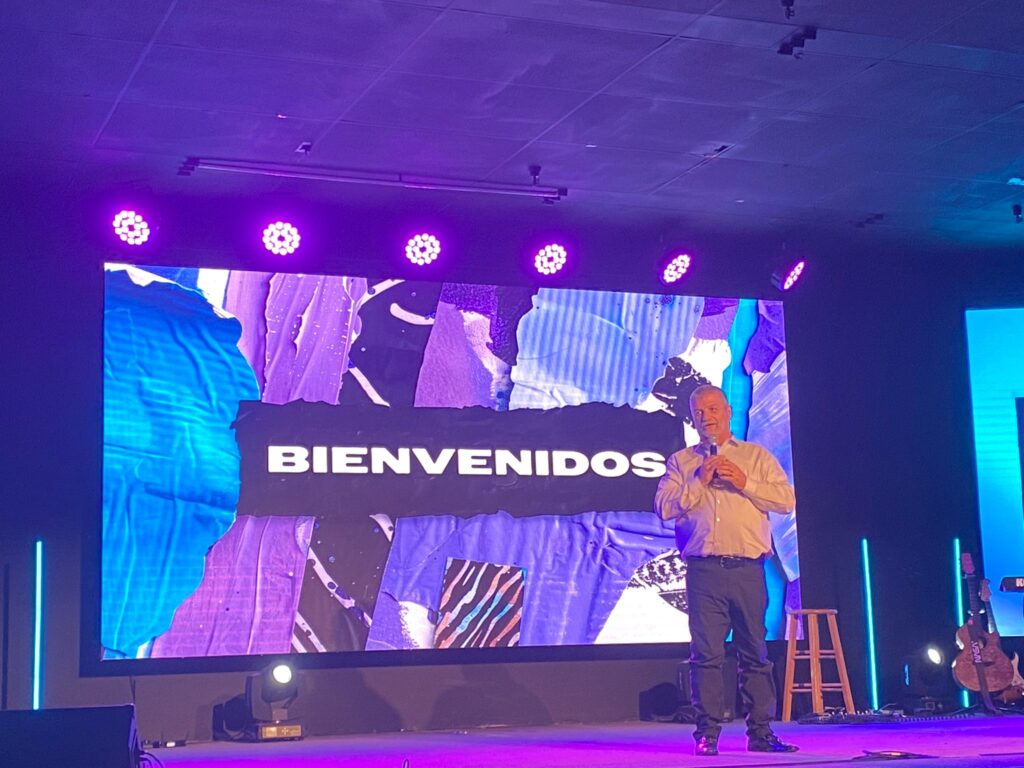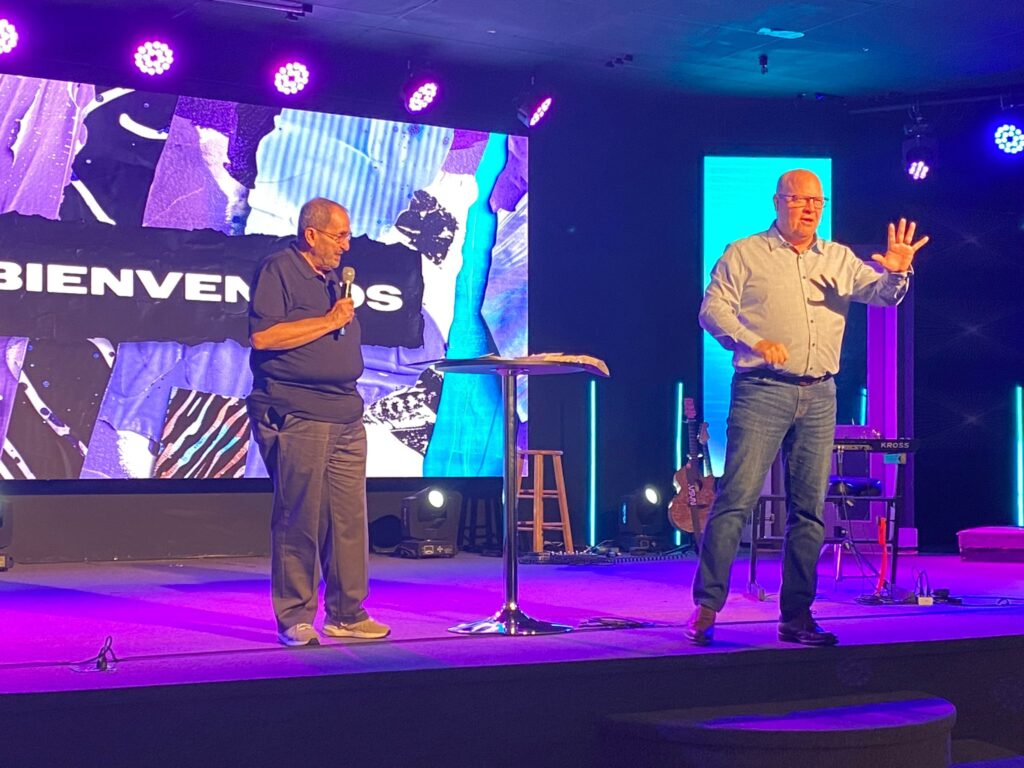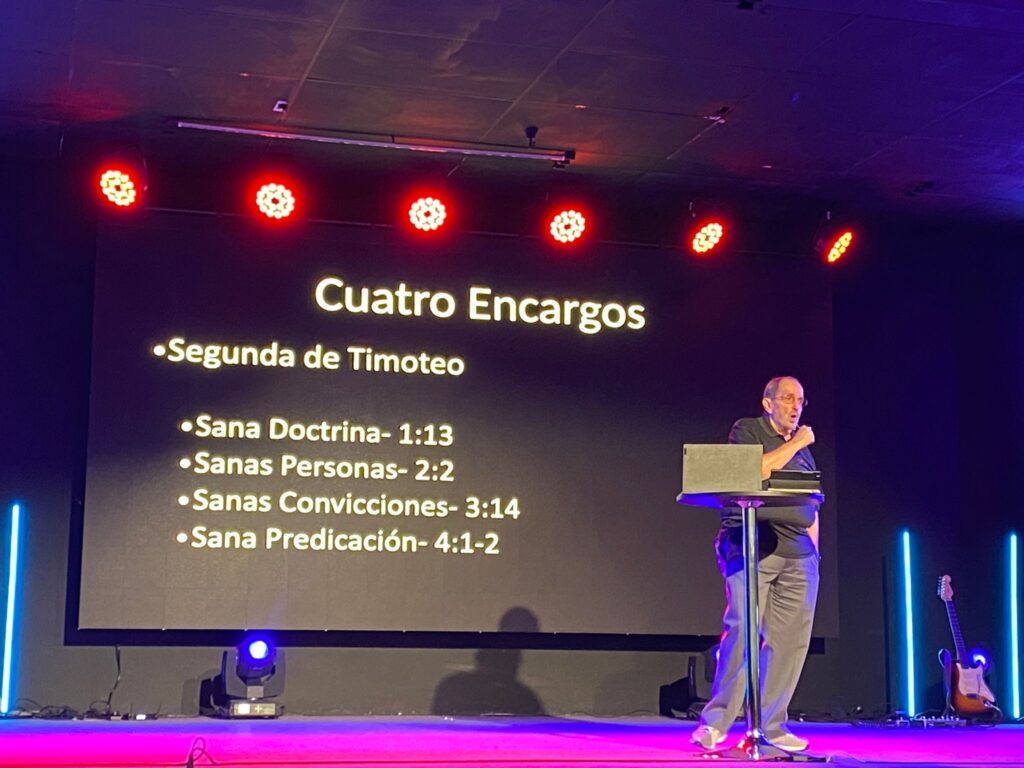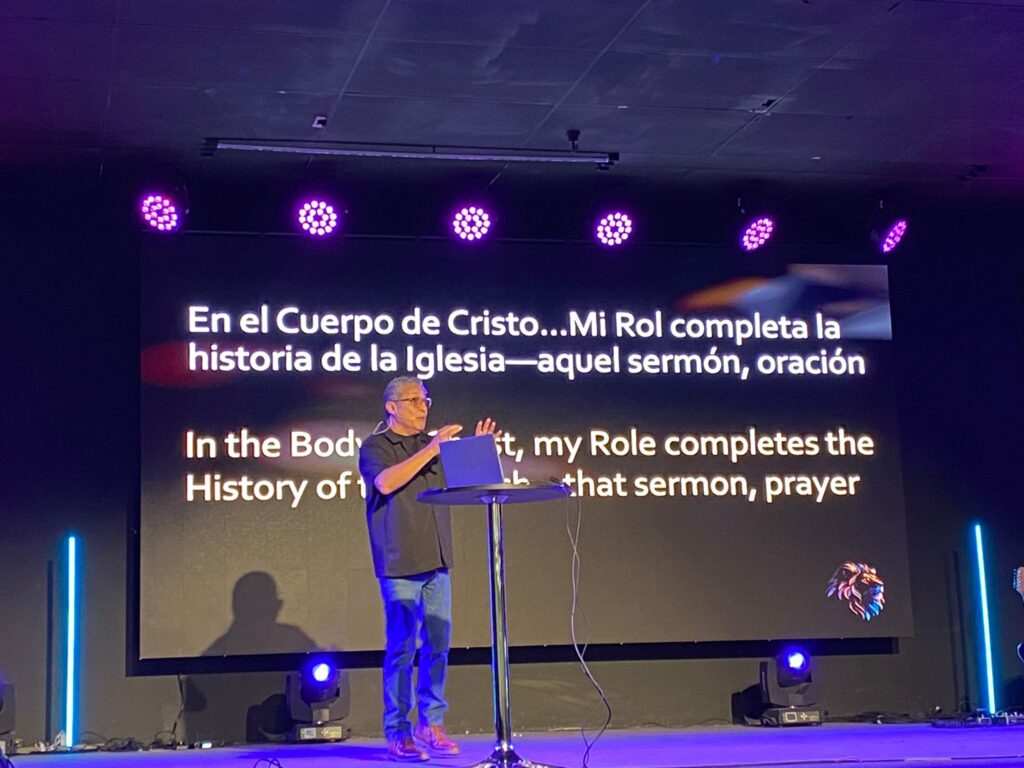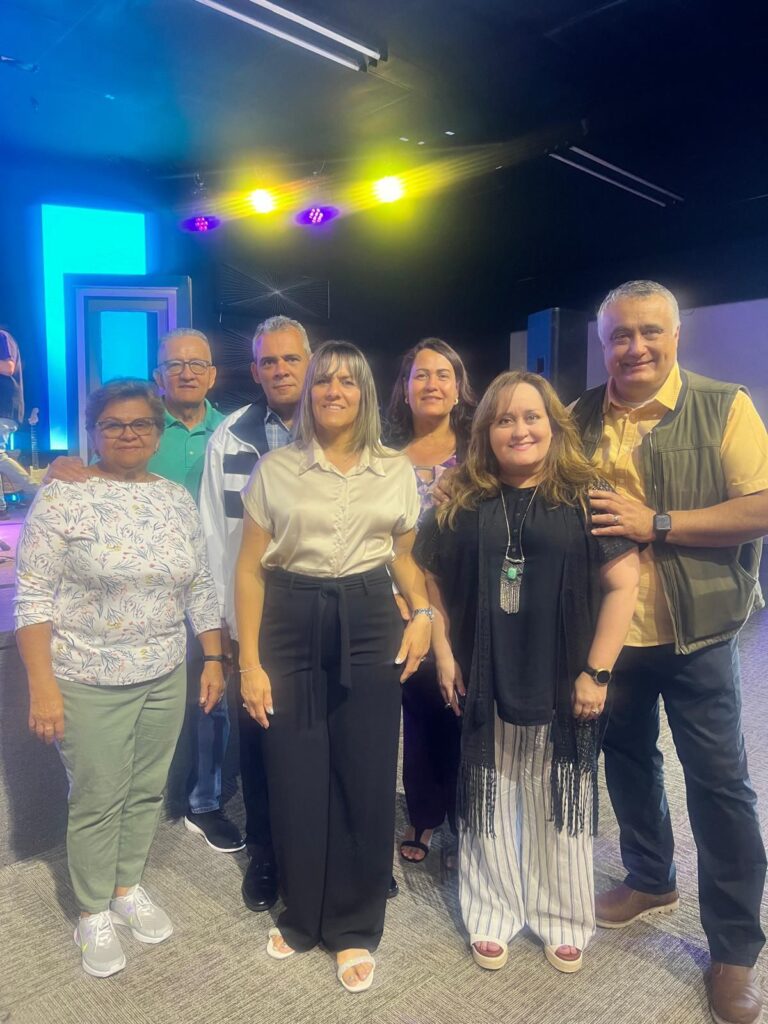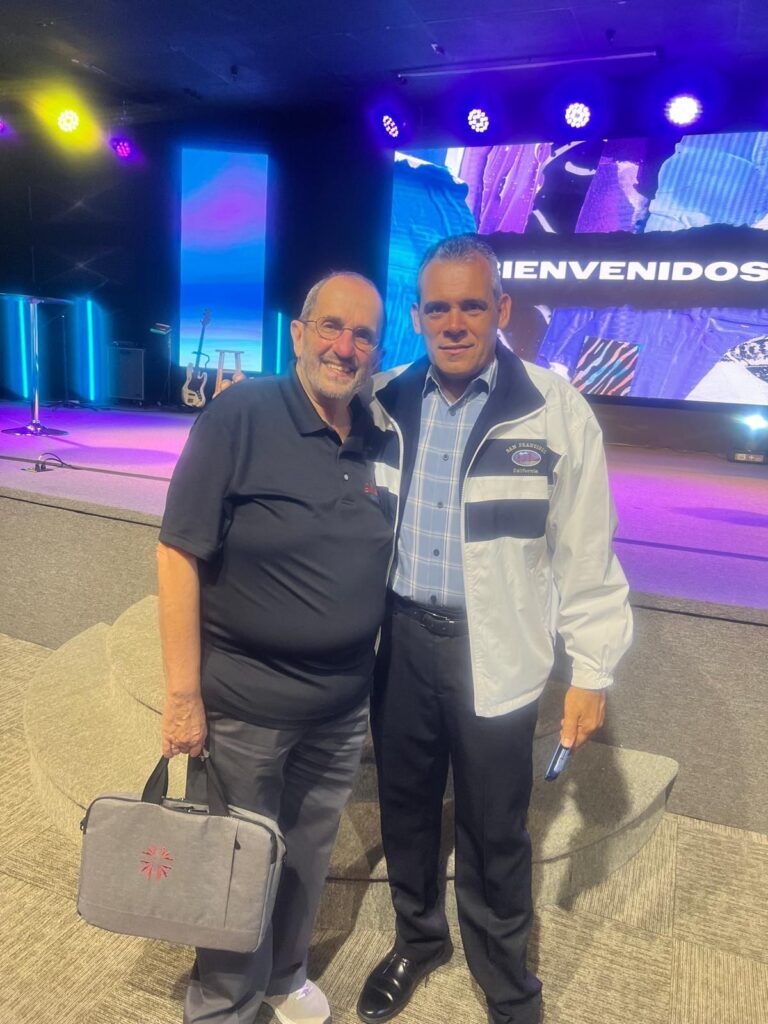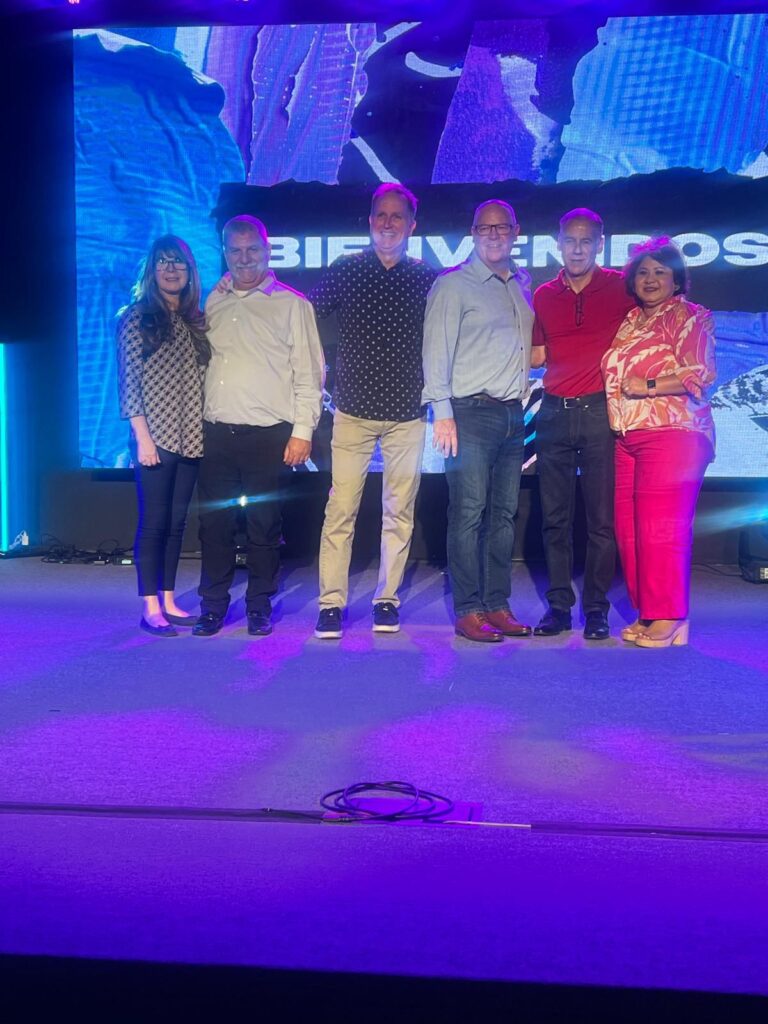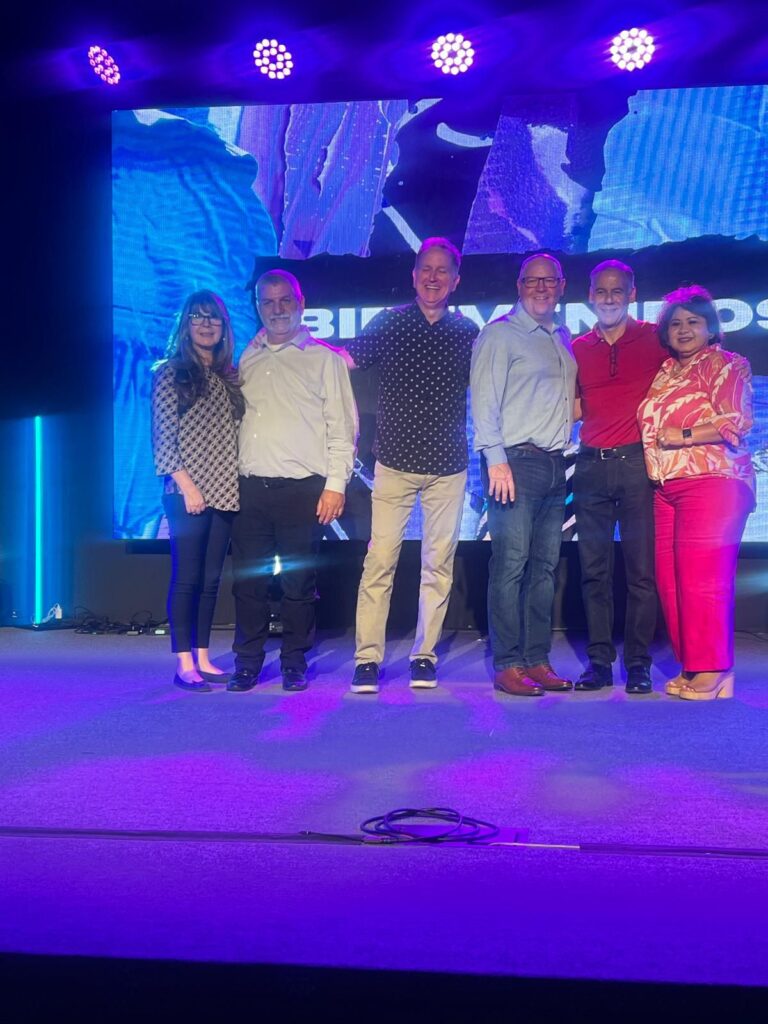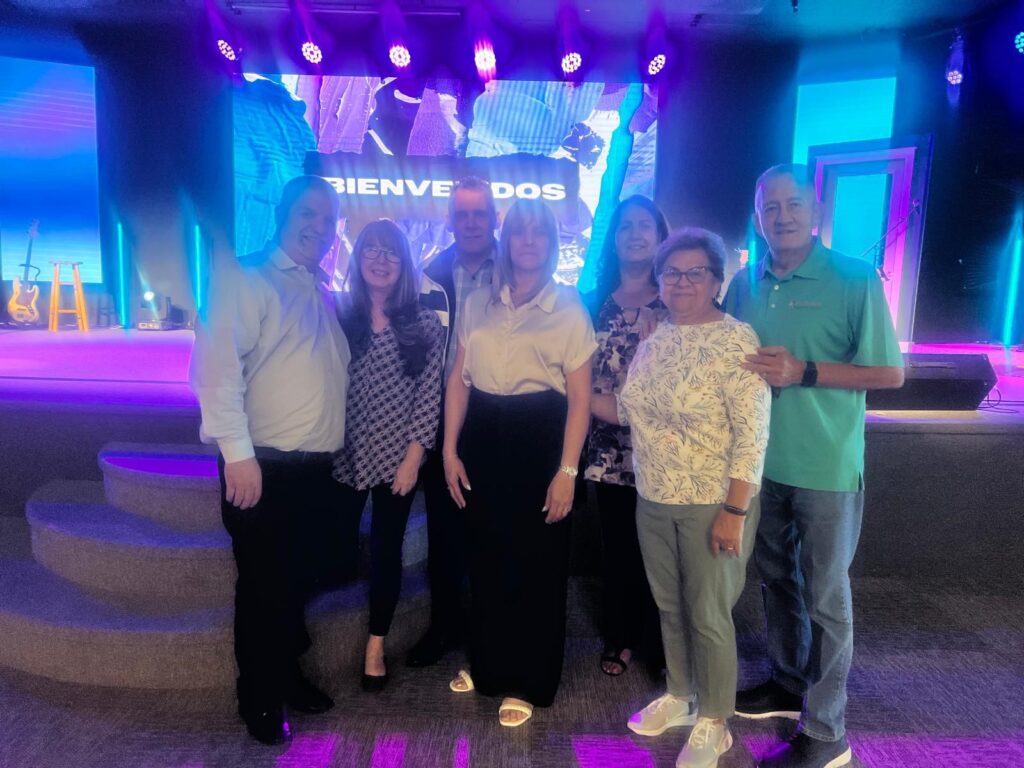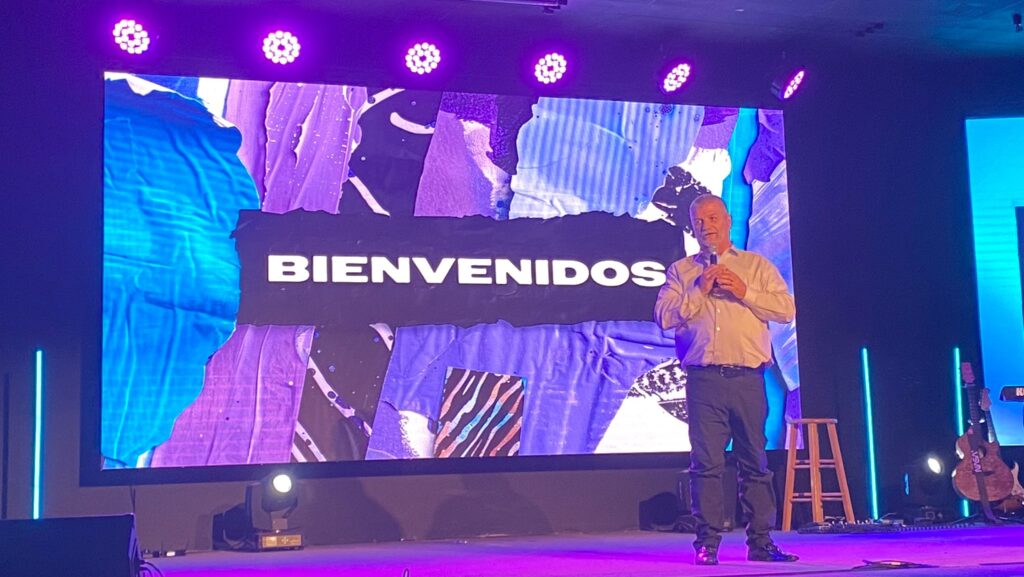Across The Nation
Church Planters Are the Modern-Day Missionaries to America
Published
3 years agoon
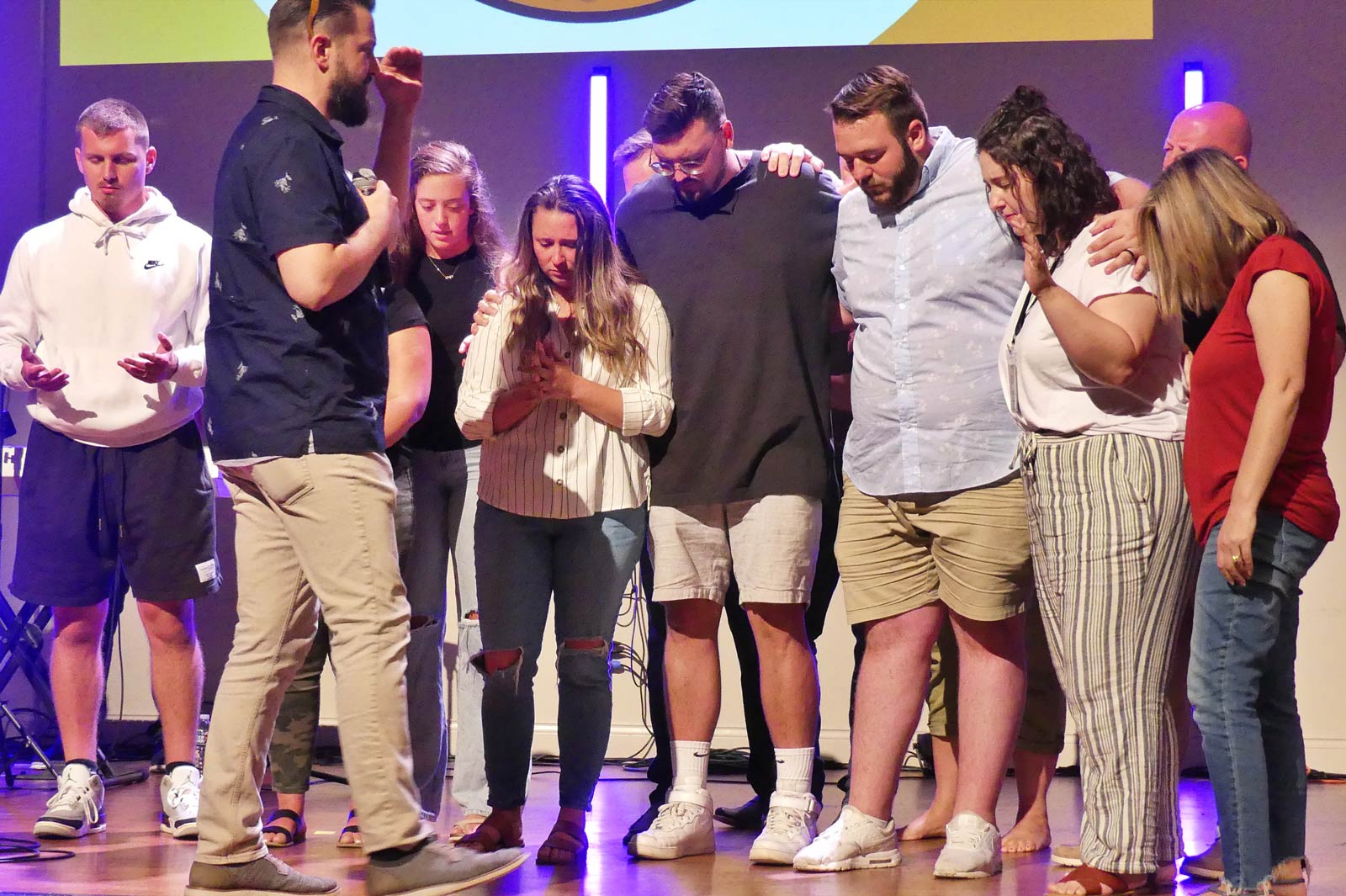
By George Williams
In a small city in Ohio, Cody Langtry and his wife, Jocelyn, recently celebrated the birth of their firstborn, a cheerful, blue-eyed boy named Jack. Even as Cody and Jocelyn stand at the starting line of building their new family together, they also face another starting line.
Cody and Jocelyn are packing up baby Jack and boxes filled with their belongings to move across the country to another small city, Burlington, Vermont. Their reason for moving is not for a job opportunity, family, or chance to start over. Their reason for moving is the call of God.
This was not an easy decision for the couple. They have been serving at a local church that Jocelyn’s father pastors, and family support has been a blessing to them as they became parents for the first time. But, as Cody shared with me, there was a nudge in their hearts that grew into a strong urging. Then God used this verse to speak to Cody:
My ambition has always been to preach the Good News where the name of Christ has never been heard, rather than where a church has already been started by someone else (Romans 15:20, NLT).”
Cody Langtry
Cody and Jocelyn knew God was calling them to “go.” After searching for and visiting many cities that would have been prime candidates for a new church, they ultimately felt God leading them to Burlington, Vermont. In a recent study, the Barna Group* identified the top ten post-Christian cities in America. Eight of them are in the New England area and Burlington, Vermont, is fourth on the list.
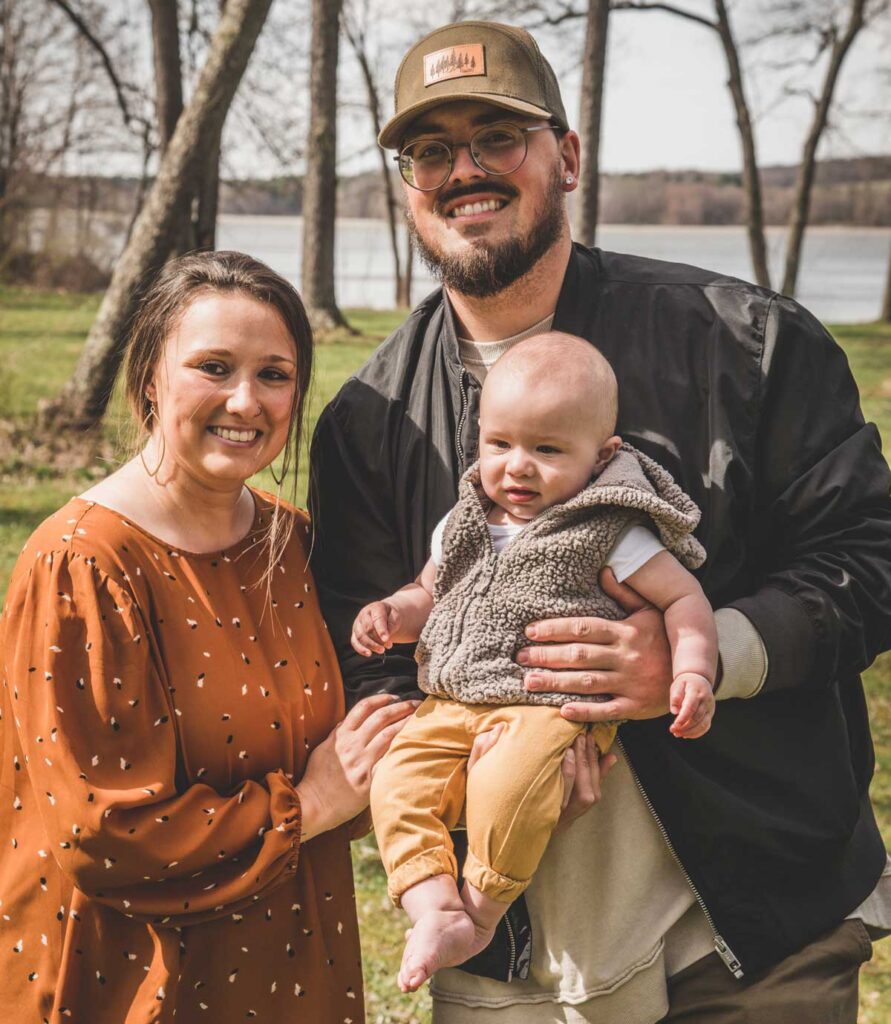
A new missional frontier is here before our eyes.
America is a changing nation. Statistics show that over the past fifteen years church membership in America has been in a rapid decline. For those who want to take pride in the fact that America has been predominantly a Christian nation, these statistics can be hard to swallow. Cody and Jocelyn see the trend as another confirmation of their call toward the great American mission field.
Church planting has recently gotten a bad rap because in many cases a church plant’s growth comes from transfer growth rather than conversion growth. Transfer growth is not always bad. When a new family moves into town, finding people in a new church plant eager to welcome them helps them get plugged into fellowship with ease. In some cases, a historic church may succumb to bad doctrine or poor leadership, and transfer growth could be a healthy progression for the body of Christ in that area. Nonetheless, overall transfer growth like this should happen as an exception, not a norm. New church plants that experience a lot of transfer growth often see little impact on reaching the unchurched in their particular city.
The tide in American church planting is shifting.
In August of 2022, Open Bible leaders and future church planters from three different Open Bible regions gathered at Wheaton College outside the bustling city of Chicago for the first cross-regional church plant training. The room was full of energy as nationally recognized Christian leaders popped in to meet and impart into the lives of the future missional movement in America. At one point the revered author, speaker, and missionologist Ed Stetzer came in to give an impromptu lesson on the changing emphasis of church planting. Church planting is moving away from the practice of first establishing worship services, and instead, is focusing on evangelism and disciple-making efforts that must take place before the first worship service begins.
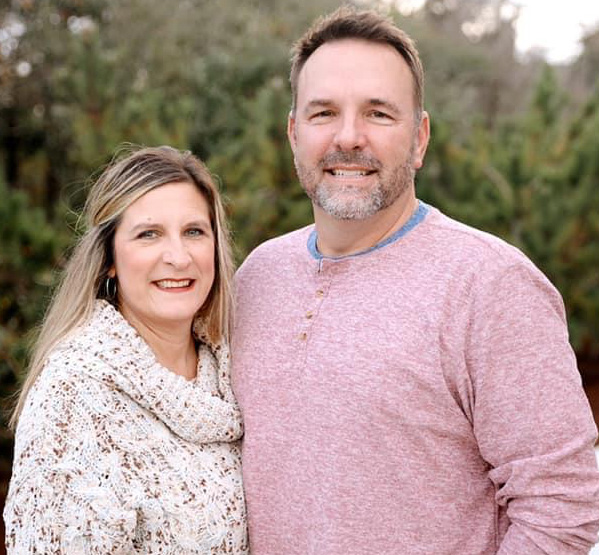
Covid-19 upset the sleepy state of the Church in America. Churches were forced to explore new ways to gather spiritually, many of which would have seemed unconventional before. With the changing spiritual climate in America, better training, and a focus on evangelism, discipleship, and multiplication, more new church planters are identifying themselves as missionaries first and pastors second.
In Williamsburg, Virginia, Davy Saunders served as a campus pastor of a local mega church. In 2020 he left his position to begin pioneering a new kind of church in the area. Davy and his wife, Tammie, are starting a network of micro churches that focus on discipleship and meet in somewhat unconventional locations. Davy’s desire is to build churches for people such as the server who works Sunday mornings and in places that the everyday person already finds themselves visiting such as a coffee shop, restaurant, or friend’s house. Davy’s style of church planting moves away from the one-size-fits-all approach. He can now use this model as a missional vehicle to take the church into everyday places.
Missional-focused church plants may take longer to develop than church plants that launch first with a worship service. However, with evangelism and discipleship as the foundational focus, new missional churches will see conversion as their primary mode of growth. Jesus’ words ring true in his response to Peter’s confession of Christ in Mathew 16 (BSB):
And I tell you that you are Peter, and on this rock I will build My church, and the gates of Hades will not prevail against it.
Our modern-day missionary church planters are shaking the gates of hell.
About the Author
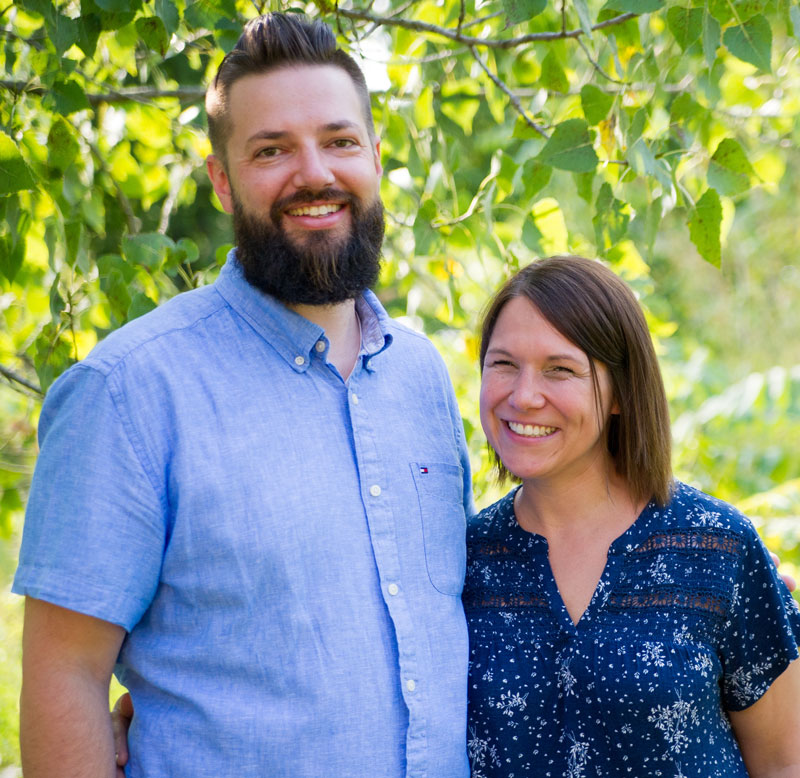
George Williams is the church planting director for Open Bible East and the founding pastor of CityLight Church in Toledo, Ohio. He and his wife, Sarah, started ministry as urban missionaries in 2005, pioneering a neighborhood outreach ministry before planting CityLight Church. George is the proud father of two daughters, Selah and Anna.
You may like
Across The Nation
MAGNIFY: Meeting and Greeting for Christ in the Heart of Tacoma
Published
4 months agoon
February 27, 2025By
Gary Wyatt
One Monday afternoon in the early spring of 2024, as I finished my personal sabbath at the church where I pastor, I felt a prompting from the Holy Spirit to go outside. I sensed that [the Holy Spirit] wanted me to meet new individuals as they walked by the church, introducing myself as the pastor and learning their names. This was out of the ordinary for me, but I was excited by a new assignment, so I obeyed and went outside immediately.
As I waited in front of the church, I soon met four individuals as they were leaving their A.A. Fellowship meeting. One of these was the attorney who worked across the street, whom I got to know a little better during our conversation. I also met a woman named Michelle who turned out to be my wife Cheryl’s childhood next door neighbor. Thanking the Lord for these meaningful connections, I got in my truck to go home when I heard the Holy Spirit’s voice say, “MAGNIFY!” I responded in my spirit, “Okay, God, I magnify You.” The Holy Spirit spoke again, this time explaining to me, “‘MAGNIFY’ is an acronym that means MEET AND GREET NEW INDIVIDUALS FOR YESHUA. I realized that this was what God was newly calling me to do every day when I was at the church. After committing to the Lord that I would do it, I logged the acronym in my cell phone notes so I could capture the moment.
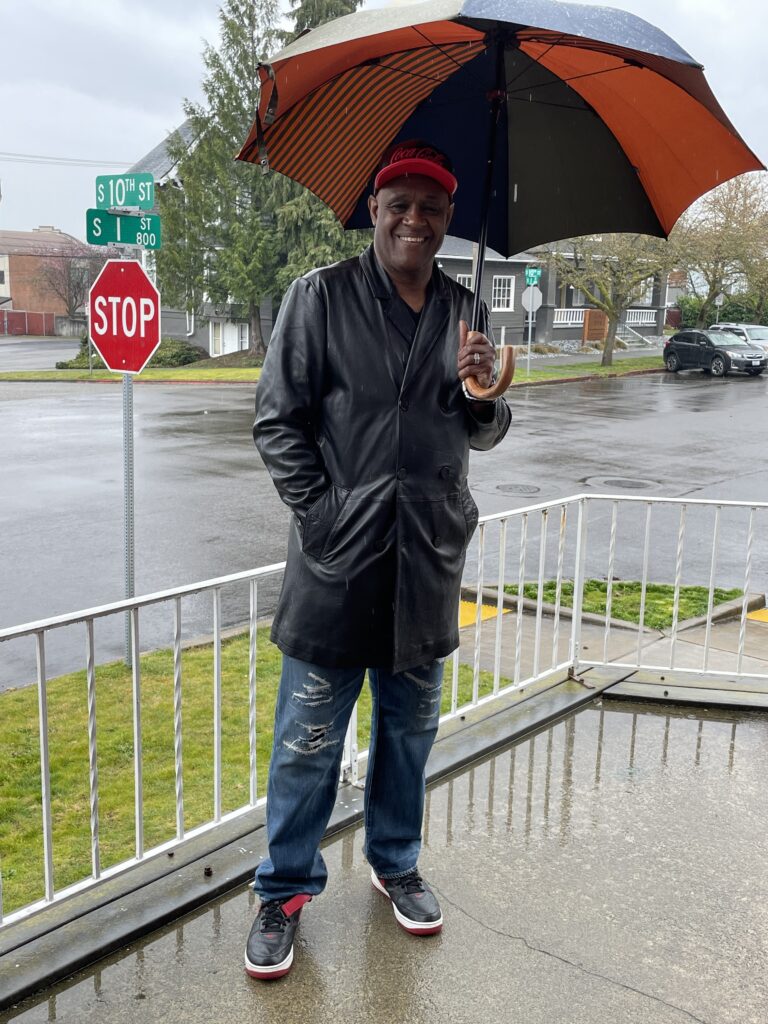
Just as I began to back up in my truck, I saw a couple walking down the nearby sidewalk carrying a heavy-looking kitchen table. Sensing the Holy Spirit’s prompting again, I asked them if I could help. The woman spoke to her husband, who hadn’t heard me, after which he replied, “Yes, you can help us.” I told them to put the table in the back of the truck and get in, which they did.
When I asked them where they were going, they said three blocks north to their apartment. As we drove the short distance, I asked them their names and the man answered, “Abdul and Maria.” When I arrived at Abdul and Maria’s apartment, they immediately got out of the truck and carried the table toward their doorway. I waved and began to drive away, but Abdul quickly called after me, “No, it is our custom to feed you.” Excited and honored to be a guest in their home, I parked and went inside.
Inside their home I found an empty living room with only blankets on the floor that they used for seating and a television. I sat down on the floor and before I knew it, Maria was bringing food on trays for me to eat (and I mean, it was a lot of food!).
As we sat and dined together, I learned that they were from Afghanistan. I asked them their story, and Abdul shared in full detail how they came to live in Tacoma. The story was so moving to me that I asked them, “How can I help?” Abdul said that they needed chairs for their new table, a vacuum cleaner, and a sofa. Our church had all those things, so I told them, “Let’s get back in the truck and go get those things right now.” They were so thankful for the help that they invited me back for lunch the next day. (Apparently, I didn’t eat enough to satisfy them). I told them I would return with my wife Cheryl.
Since the Lord called me to go out into the neighborhood and “MAGNIFY,” I have met over one hundred people.
The next day, to my surprise, they had set the table to look like a feast for a king! Their appreciation for my assistance was evident in their heartfelt hospitality. As Cheryl and I sat to eat with them, I asked if I could pray over the food, and Abdul said yes. I asked because I assumed that they were Muslims, which I learned they were. After I prayed, we had a conversation about faith. Most of my conversation was with Abdul, since Maria doesn’t speak much English yet, which explained why I’d spotted them coming from the direction of Bates Vocational College, where Maria is taking English lessons.
During our conversation I asked Abdul if he believes Jesus is the Christ, and he responded twice that he believes Jesus is coming again, which really didn’t answer the question. I shared the story about the Samaritan woman at the well who acknowledged Jesus as a prophet, after which Jesus revealed Himself to her as the Messiah. Abdul said he knew the story, since it had been told to him at the dinner table when he was a child. I left it at that and proceeded with the luncheon.
What I have learned through MAGNIFY is this: soul winning begins with seed planting
When it was time to depart, I thanked them for their wonderful hospitality, and they invited us to come over any time for tea or for lunch. I did not invite them to church, since I didn’t want them to think that was the only reason I had helped and had lunch with them.
That following Sunday, to my surprise, I looked up and saw Abdul and Maria walking through the doors! Abdul served as Maria’s interpreter throughout the whole service. My heart was overjoyed that simple acts of kindness had led to drawing these new people to our worship service. Abdul and Maria do not attend regularly yet but have attended a few times since. Our relationship has continued to grow. I was able to transport Abdul to a job interview, and he got the job. Today, he and Maria are both working, both have driver’s licenses, and own a car.
Since the Lord called me to go out into the neighborhood and “MAGNIFY,” I have met over one hundred people. All their names are on a list that I keep, both so I can remember them the next time I see them out in the community and so I can call their names out in prayer. Some of them are even showing up in our worship services! I cannot begin to tell you how many lives have been touched by the light of the Lord through MAGNIFY. The conversations I have had with the “down and out” and the “up and out” have been priceless and insightful. Many of them have allowed me to pray for them, and I have found the most precious people in the homeless community surrounding our church. As a pastor, my goal is always to win souls to Christ, and this endeavor is no different. However, what I have learned through MAGNIFY is this: soul winning begins with seed planting. Will you join me and MAGNIFY?
About the Author
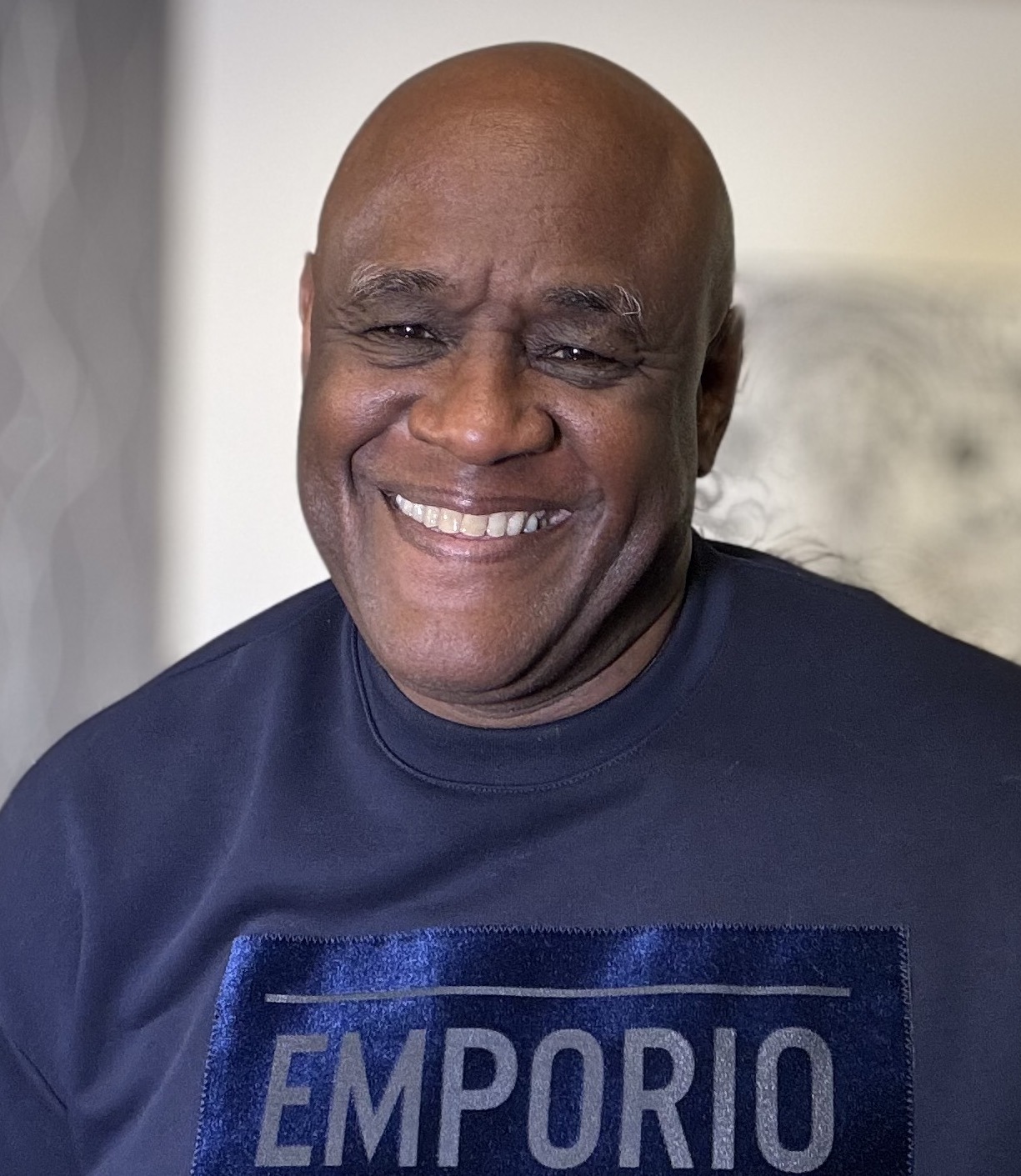
Gary Wyatt
Gary Wyatt has been the lead pastor of SureHouse Open Bible Church, an urban ministry in the inner city of Tacoma, Washington, for over 25 years. He is the author of The Art of Blending, a book about mixing cultures in a biased society. The Art of Blending is a book intended for racial reconciliation within the body of Christ.
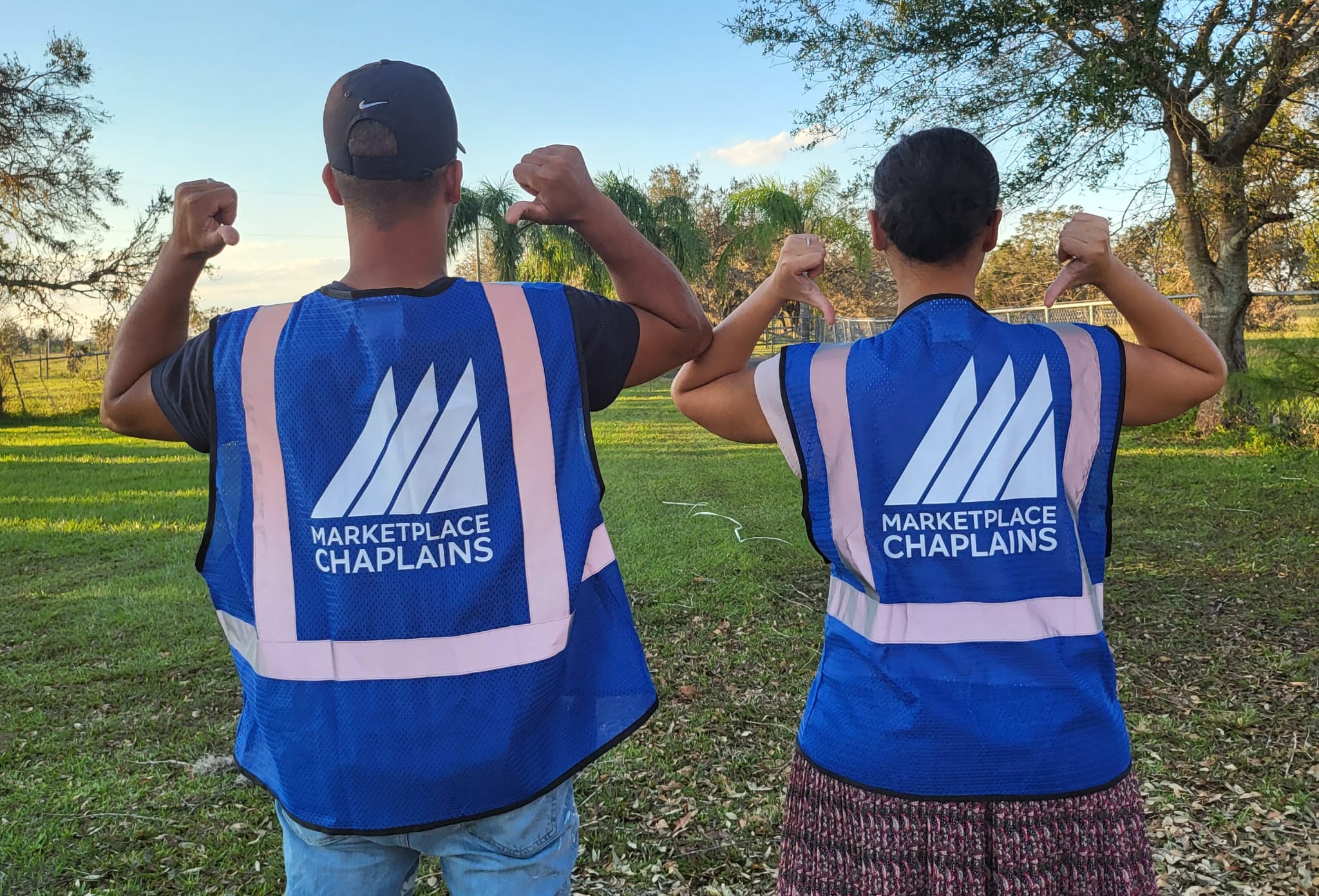
Life “happened” to me when my first husband died. After walking through my own grief, the Lord allowed me to walk alongside many others who were also grieving. Doors continued to open in this area, and when the opportunity arose to serve with Marketplace Chaplains, I felt a confirmation from God that this was where He wanted me. I started as a chaplain shortly after applying, and two years later I was offered the job as Director of Operations for a new team formed in South Florida.
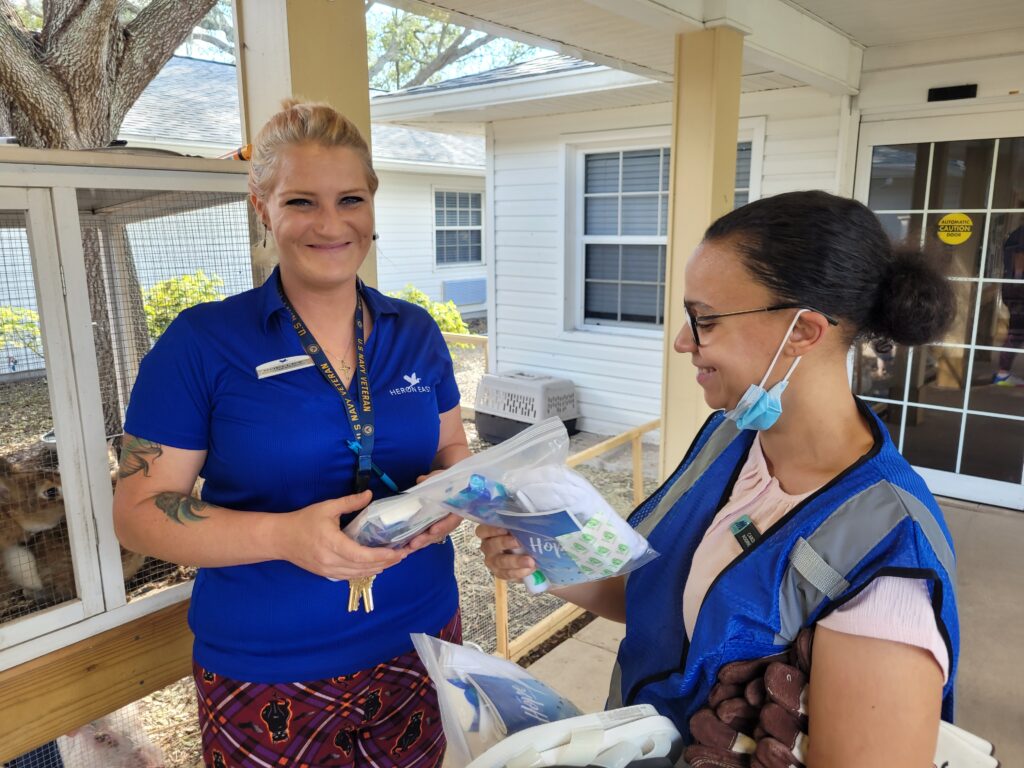
Marketplace Chaplains is a ministry that stands out from others due to how it was formed and its core reason for existing. It was formed by a former military chaplain, Gil Strickland, in 1984. After his experience of being served by chaplains in the military, Gil desired to provide a similar service for his community through this unique ministry. Marketplace Chaplains has teams made up of male and female chaplains who each assist in the care of the employees within companies throughout the United States and Canada. Relationships within these companies are built through routine chaplain visits that happen weekly, bimonthly, or monthly. These regular visits help the employees become comfortable with the chaplains so that when a crisis happens, they are more likely to call for help. Chaplains are available to the employees 24/7, assisting with bereavement, funerals, suicide prevention/support, and family crises.
Marketplace Chaplains has teams made up of male and female chaplains who each assist in the care of the employees within companies throughout the United States and Canada.
A few years back, a leader of one of the companies I serve called in a panic when one of his employees was sobbing, having discovered that her healthy, 40-year-old husband had died suddenly in his sleep. The leader asked me, “What do I do?” He had offered her condolences and covered her flight home to begin arrangements, but despite this, he shared that such a tragic situation made him feel helpless and weak. I reminded him that when we feel weak, the Lord promises to be our strength. I also let him know that in times of tragedy it is often not what we say but simply our presence that God uses. As I spoke, I realized that all I had walked through in my own grief had helped me support this leader through this huge trial.
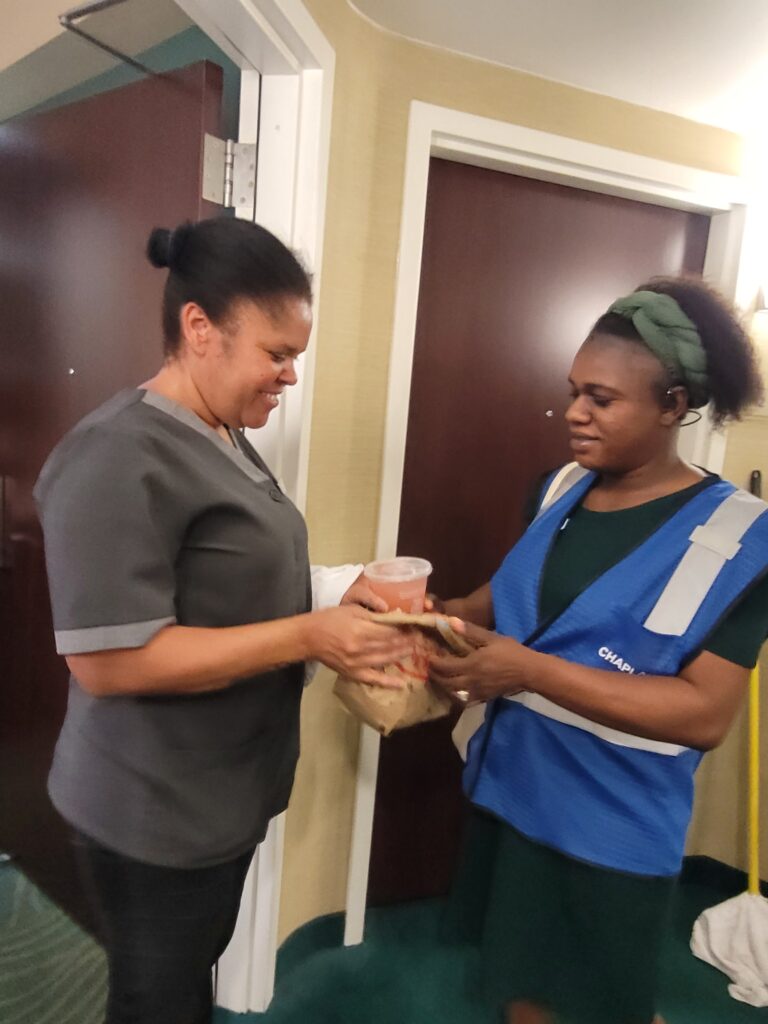
There are challenges with being a Christian chaplain in spaces that recognize all faith traditions. I remember a particular moment when I was in training at the hospital when the program’s director insisted that the name of Jesus could not be used to close a prayer without the patient’s consent. I wrestled with this concept, even wondering if this limitation was God telling me not to serve in this type of ministry. Later that day, I was making my rounds on my assigned floor in the paralysis unit, which serves patients with injuries impacting their ability to walk. I entered a male patient’s room, greeting him with a simple, “Hello, sir, how are you?” In an extremely loud and animated voice, the patient responded, “There you go!” Assuming I wasn’t welcome, I responded, “I’m sorry, sir, I’m not sure I understand you. Did you want me to come back a different time?” To which he responded, “How can you leave now? You just brought the Holy Spirit in here!”
I was shocked; I knew that a greeting was all that I had spoken. I hadn’t offered prayer or said anything about God. This man hadn’t even seen my badge of chaplaincy when he made this statement. In this moment I saw the power of God’s presence in my life. I was able to see that when I support and serve patients or employees in secular spaces, Jesus goes with me whether I mention His name or not. God can and will use me in this role as a chaplain, and I am grateful for the opportunity to serve Him in the marketplace.
I realized that all I had walked through in my own grief had helped me support this leader through this huge trial.
For those who sense a calling to serve as a chaplain or who simply want to learn more, Marketplace Chaplains is often looking for men and women who sense the call of God to impact their community outside of their church. Visit this website to search for jobs and learn more about this amazing way to transform lives: www.mchapcares.com
About the Author
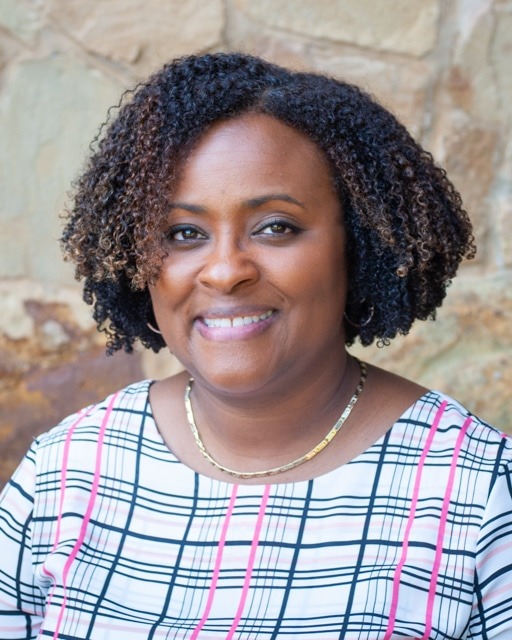
Kwabea Francis
Kwabea Francis serves as Executive Director of Operations with Marketplace Chaplains and is an ordained Open Bible minister. Her heart is to share the love and purpose of God with those she ministers to as a chaplain, preacher, and teacher of the Word of God. She attends Living Word Open Bible Church in Cooper City, Florida. Kwabea earned her Master of Divinity from Asbury Theological Seminary and is a graduate of the University of Florida. She and her husband have five sons and three grandchildren.
Across The Nation
2024 Open Bible National Hispanic Conference: “Best Conference Ever!”
Published
8 months agoon
November 1, 2024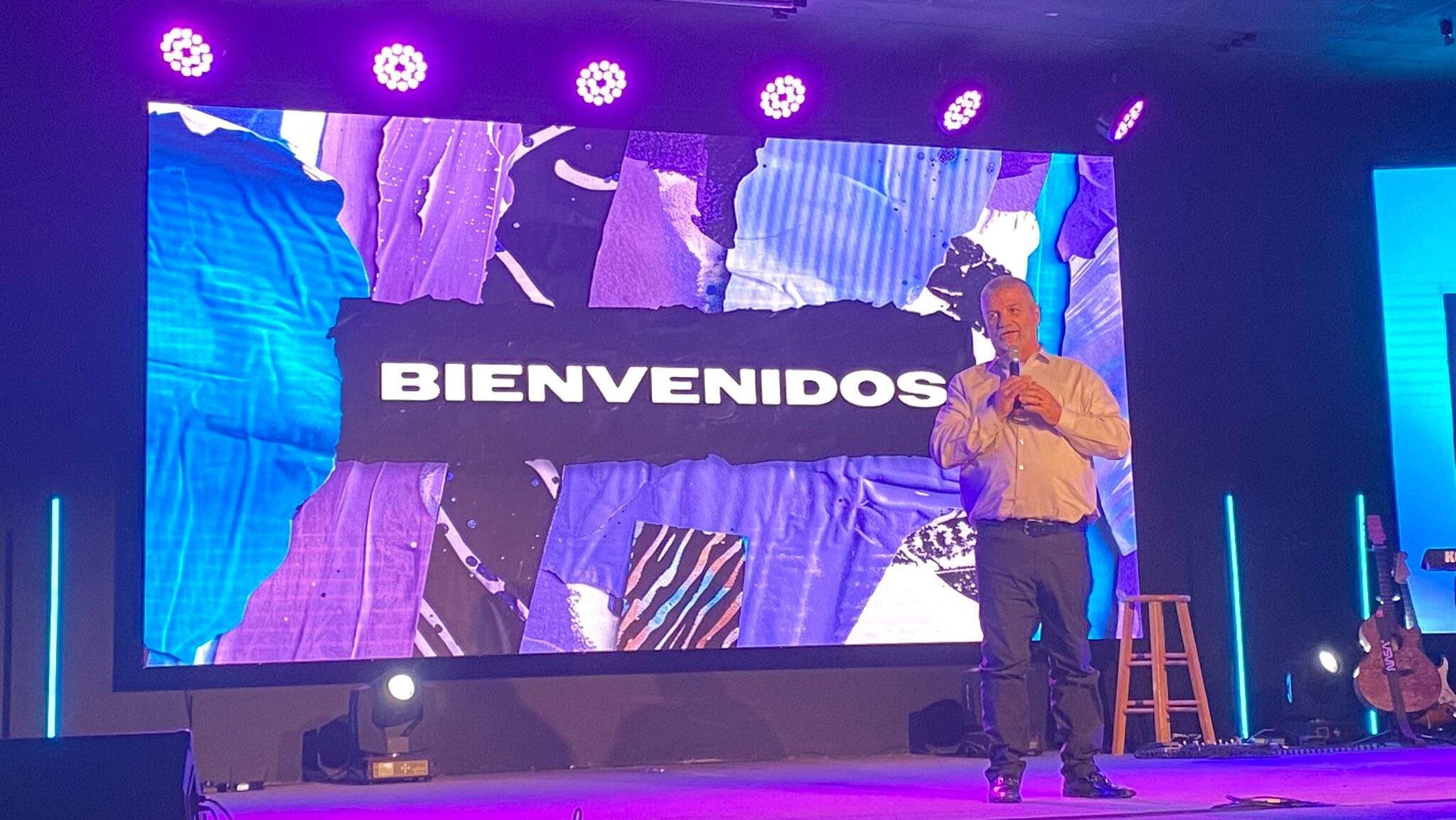
On September 19-21, pastors from around the country gathered for the 2024 Open Bible National Hispanic Conference, held in Antioch, California. Attendees of the conference numbered close to one hundred and represented nineteen different Open Bible churches. Templo Santo Community Church was the hosting church for the conference, and our theme was “CHANGED: Transformed to Transform.” We were blessed with the presence of powerful speakers: President Michael Nortune, Dr. Nicholas Venditti, and Pastors John Mendez, Michael Zakarian, and Caleb Plummer.
The Church as a whole, the Open Bible denomination, and Hispanic Ministries are needed for such a time as this.
The conference started with a welcome dinner where pastors and leaders were able to reconnect with old friends and connect with new friends who were first-time attenders. We had a powerful night of worship during which President Nortune spoke a prophetic word about entering a new season. God has opened a wide door for Open Bible, and new opportunities are on the horizon for our ministries.
Throughout the following days, we heard challenging messages on embracing our vision (Dr. Venditti), navigating culturing changes (Pastor Mendez), loving and embracing the next generation (Pastors Zakarian and Plummer), and depending on the presence of God (President Nortune). In addition to these incredible sessions, we had the opportunity to explore the beautiful city of San Francisco and the surrounding areas.
In our closing session, Pastor Mendez encouraged us that we were chosen for this time in history. The Church as a whole, the Open Bible denomination, and Hispanic Ministries are needed for such a time as this.
As we concluded with a time for more fellowship, here are a few of the things we heard people saying:
“This conference exceeded my expectations.”
“I felt the love and unity within the Hispanic Ministries.”
“The messages were relevant for our time.”
“Best conference ever!”
We look forward to what God has in store for Open Bible’s Hispanic Ministries. We believe that a door has been opened for our dream to come to life – having a Hispanic ministry in every state in this nation.
About the Author
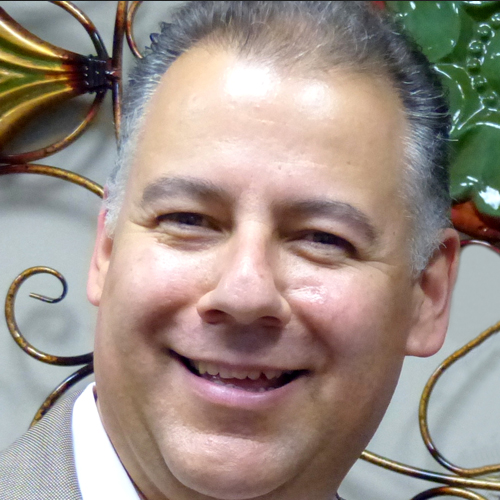
Jorge Navarrete
Jorge Navarrete was appointed as the senior pastor of Templo Santo Community Church in May 2002. Prior to that, he served as youth pastor, Sunday school teacher, member of the Board of Elders, and as church administrator for Templo Santo. In May 2017, Jorge was appointed to serve in his current role as Director of the Hispanic Ministries for the West Sector. Pastor Navarrete also works for the Supreme Court of California as the Clerk/Executive Officer. He has served in this role since 2016.




